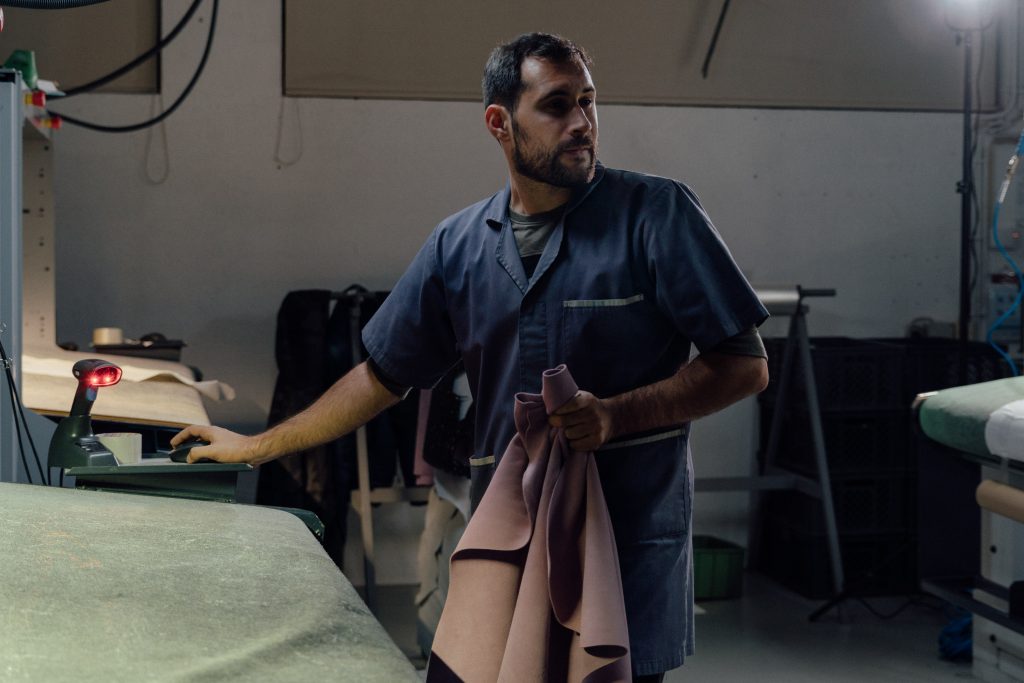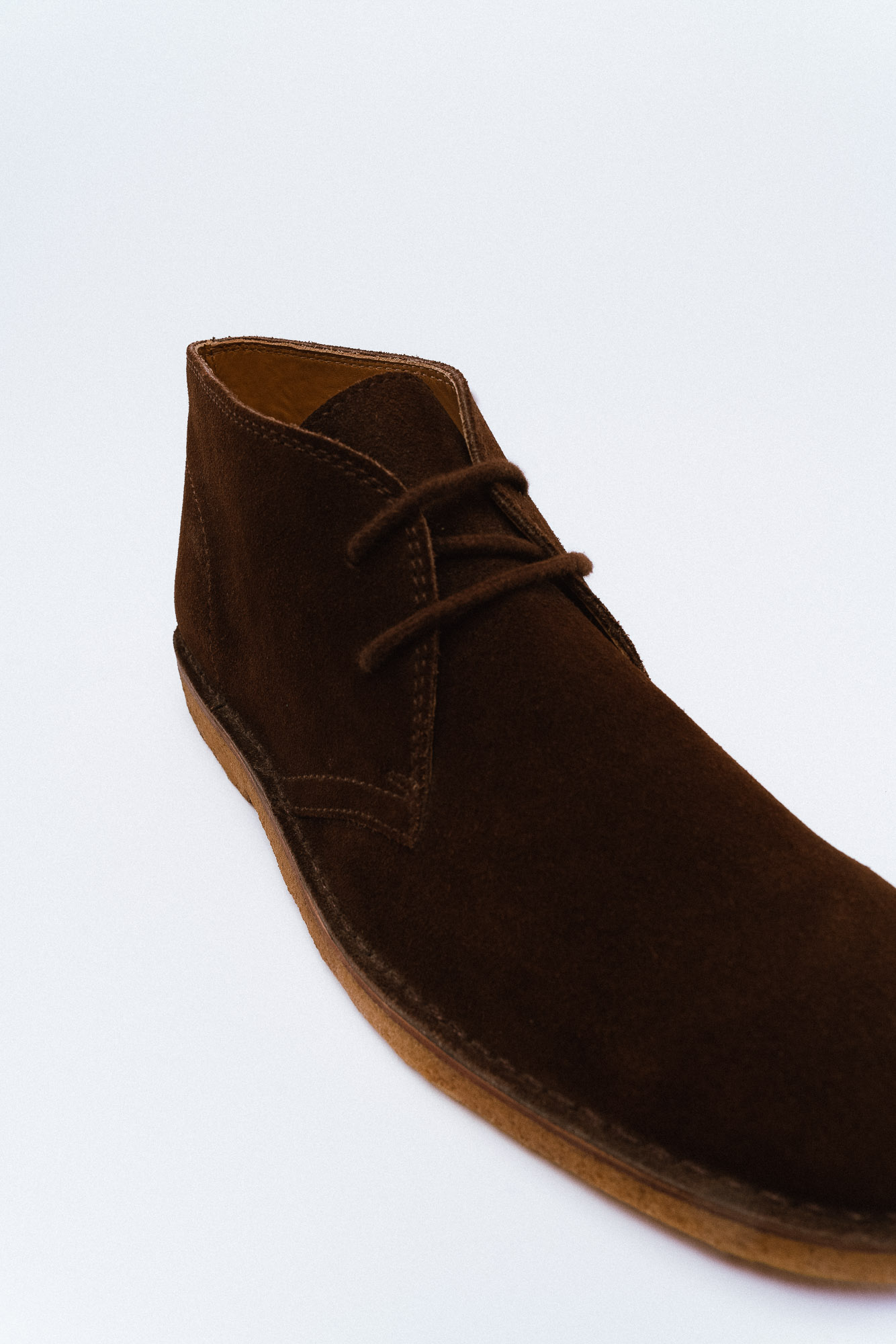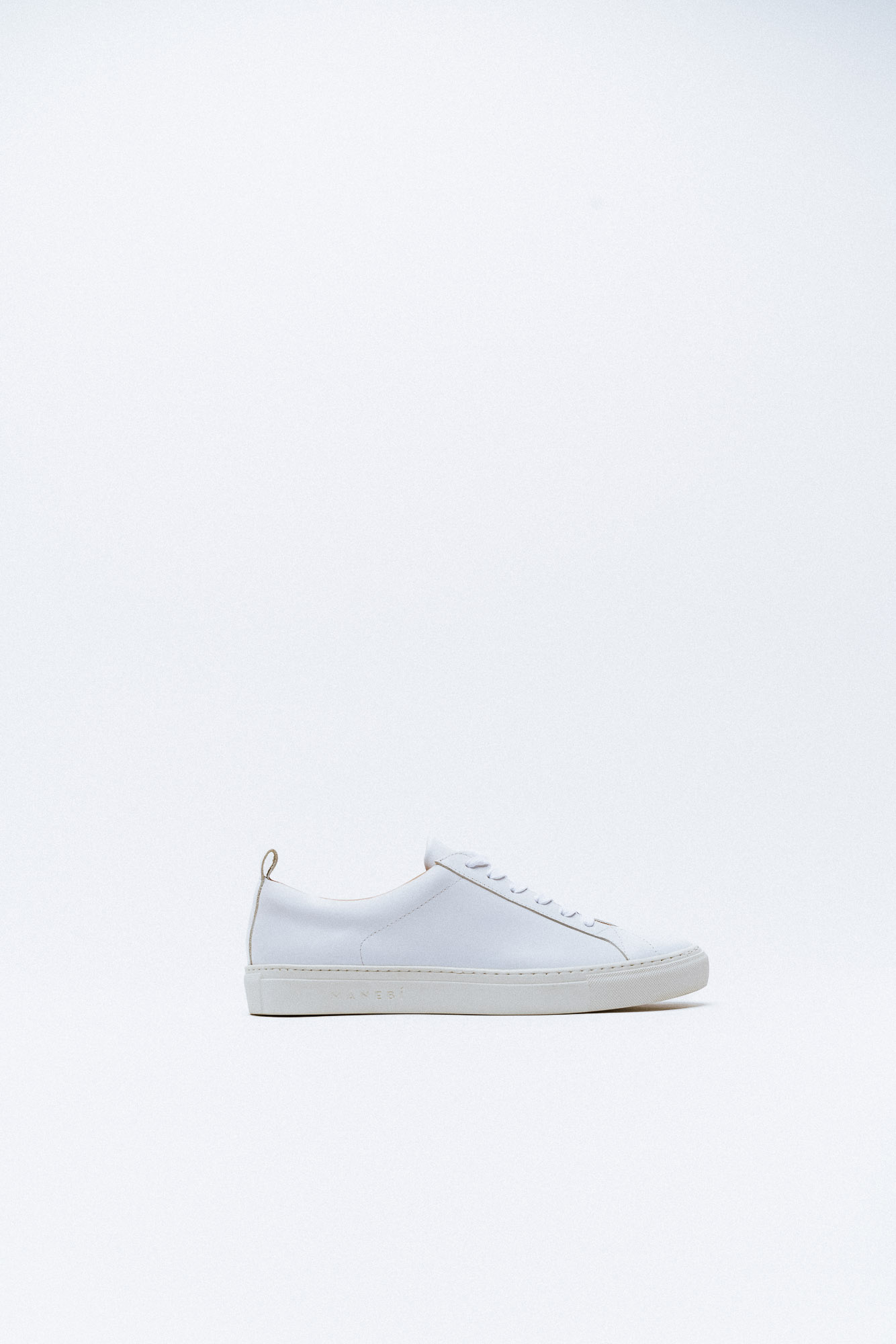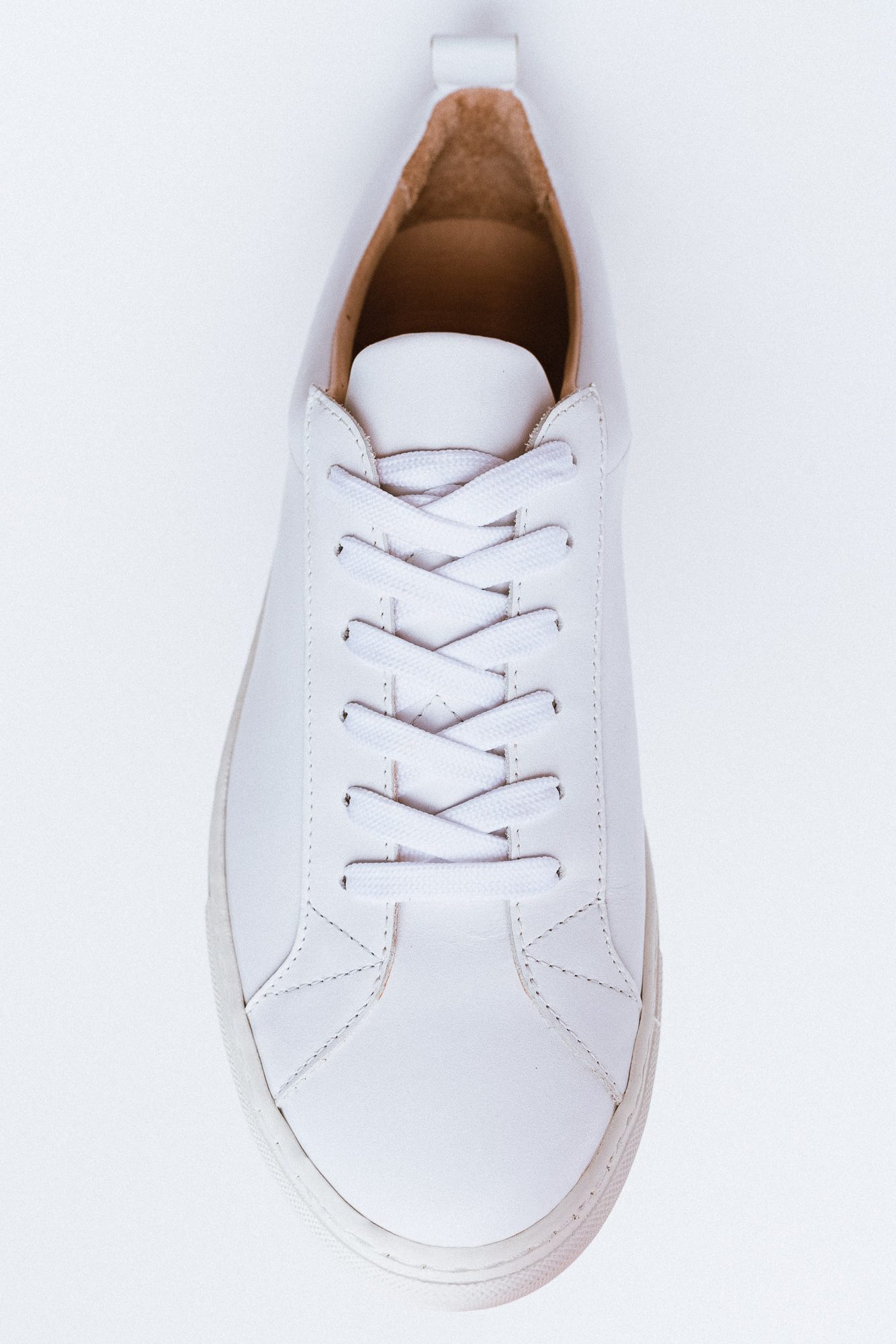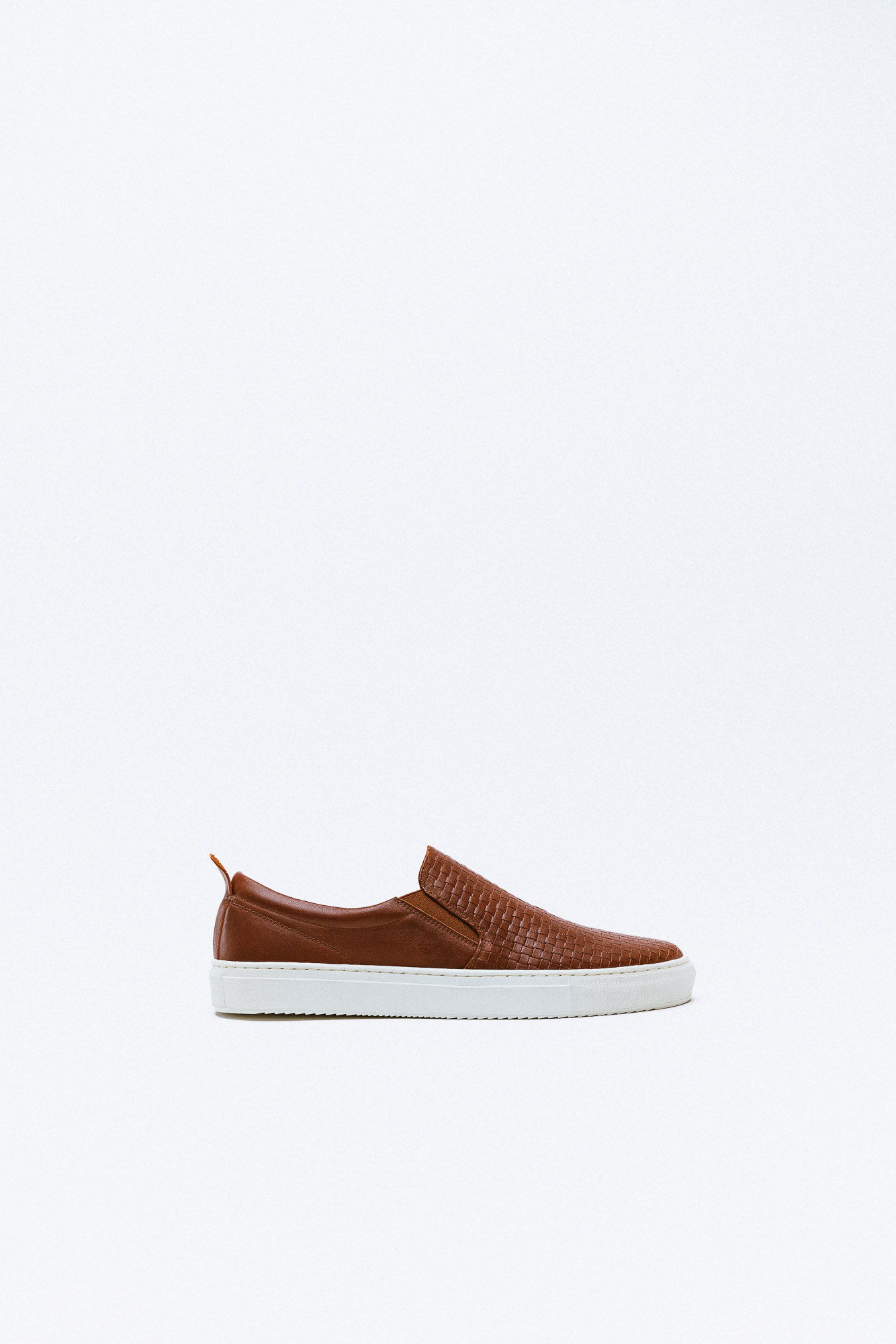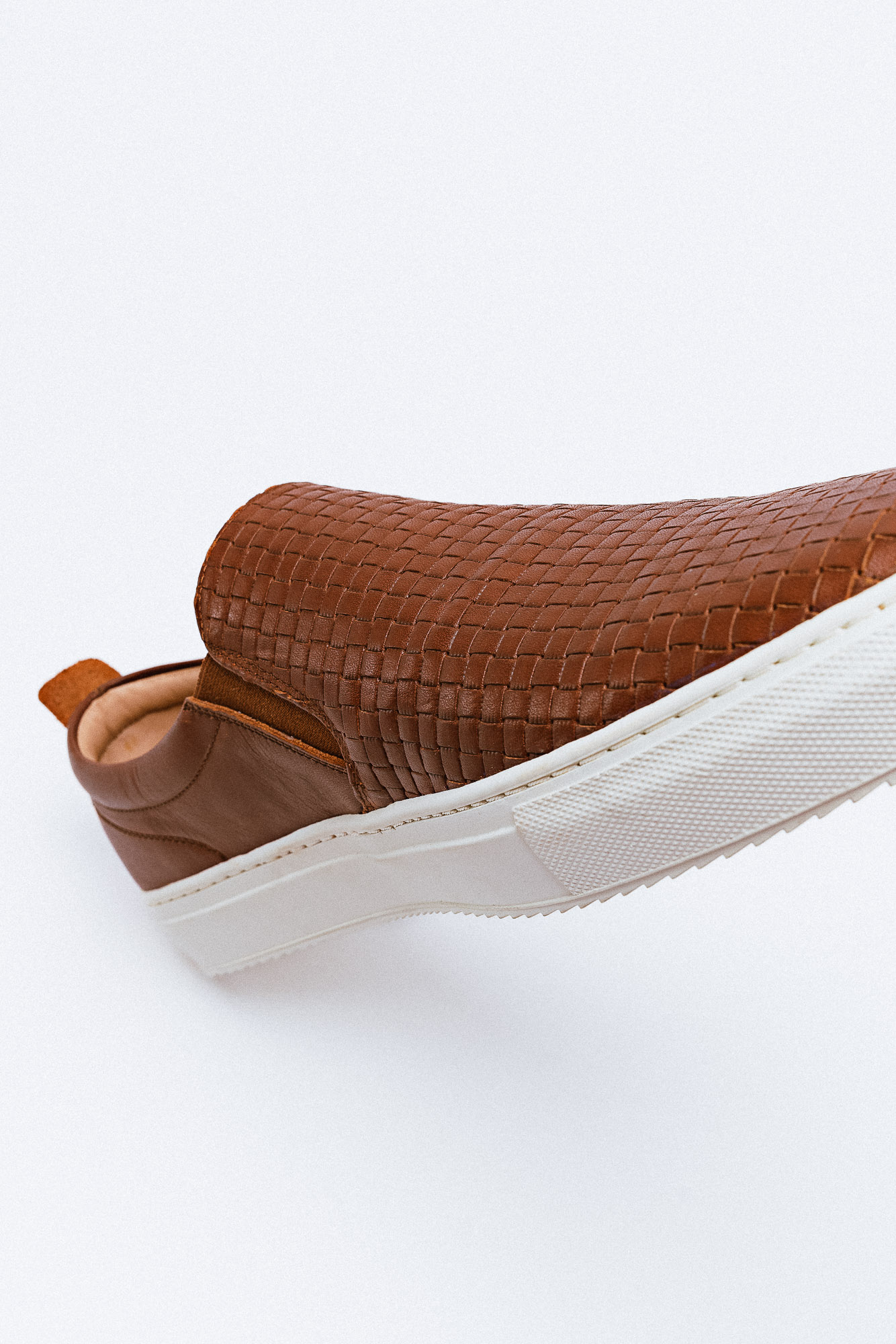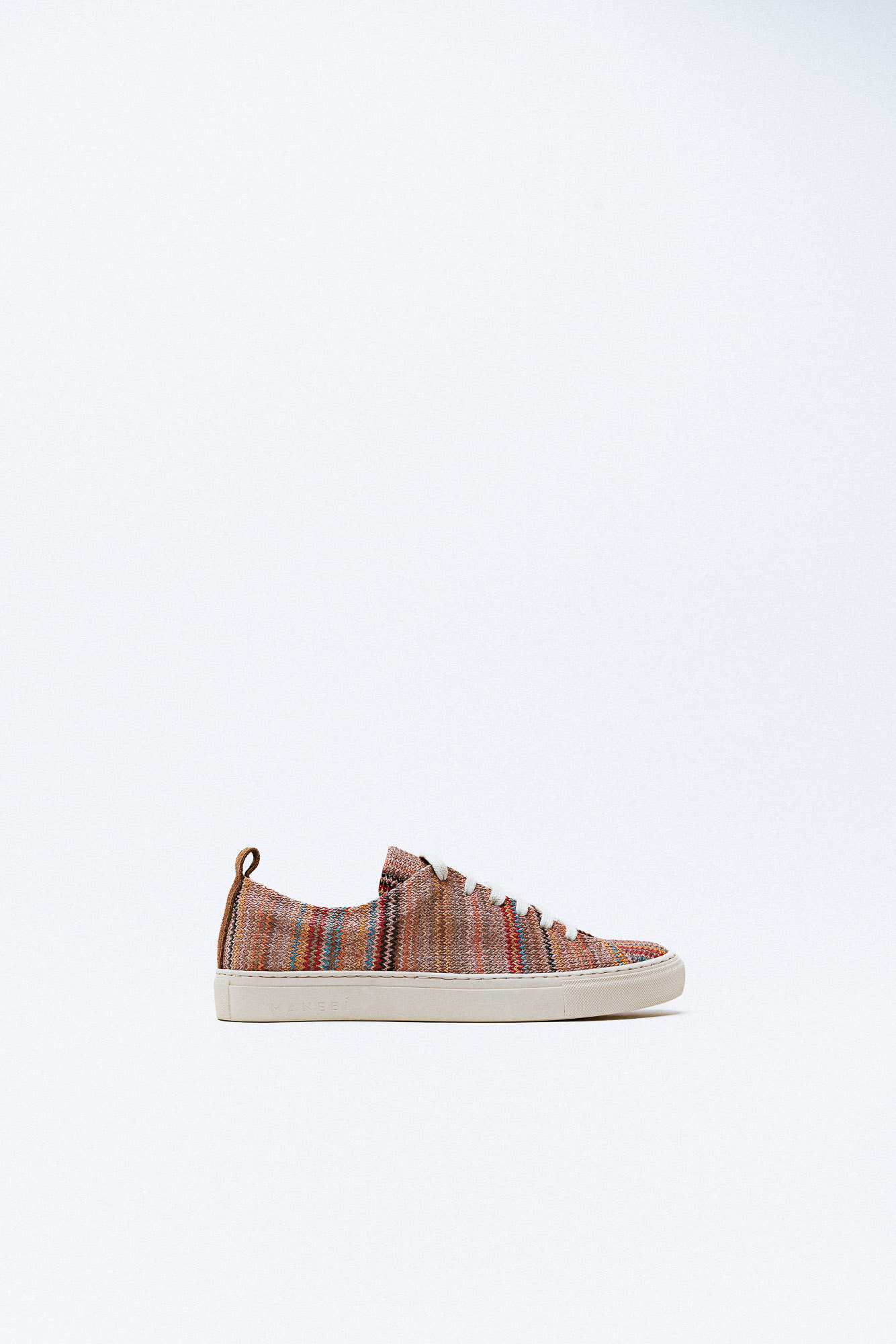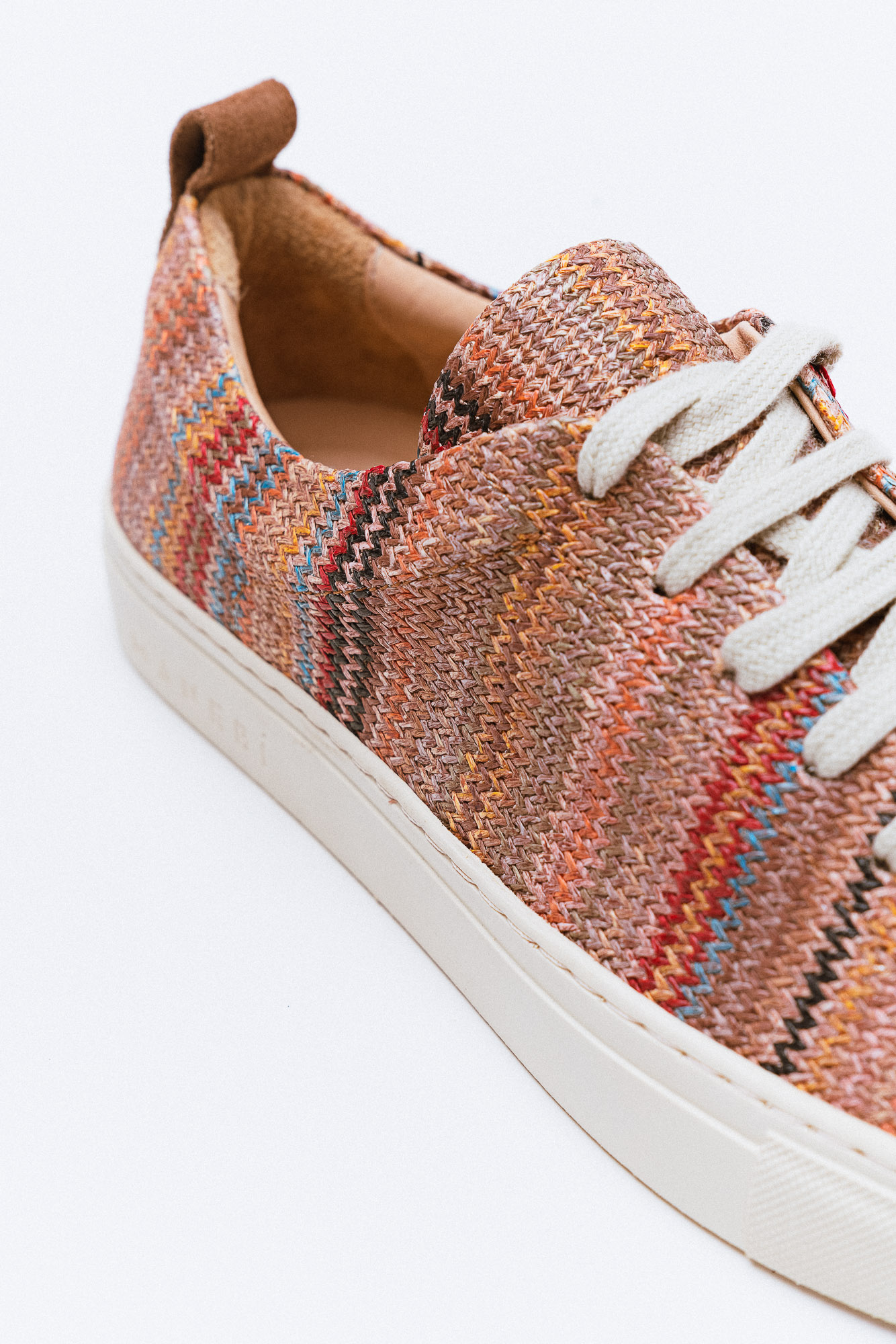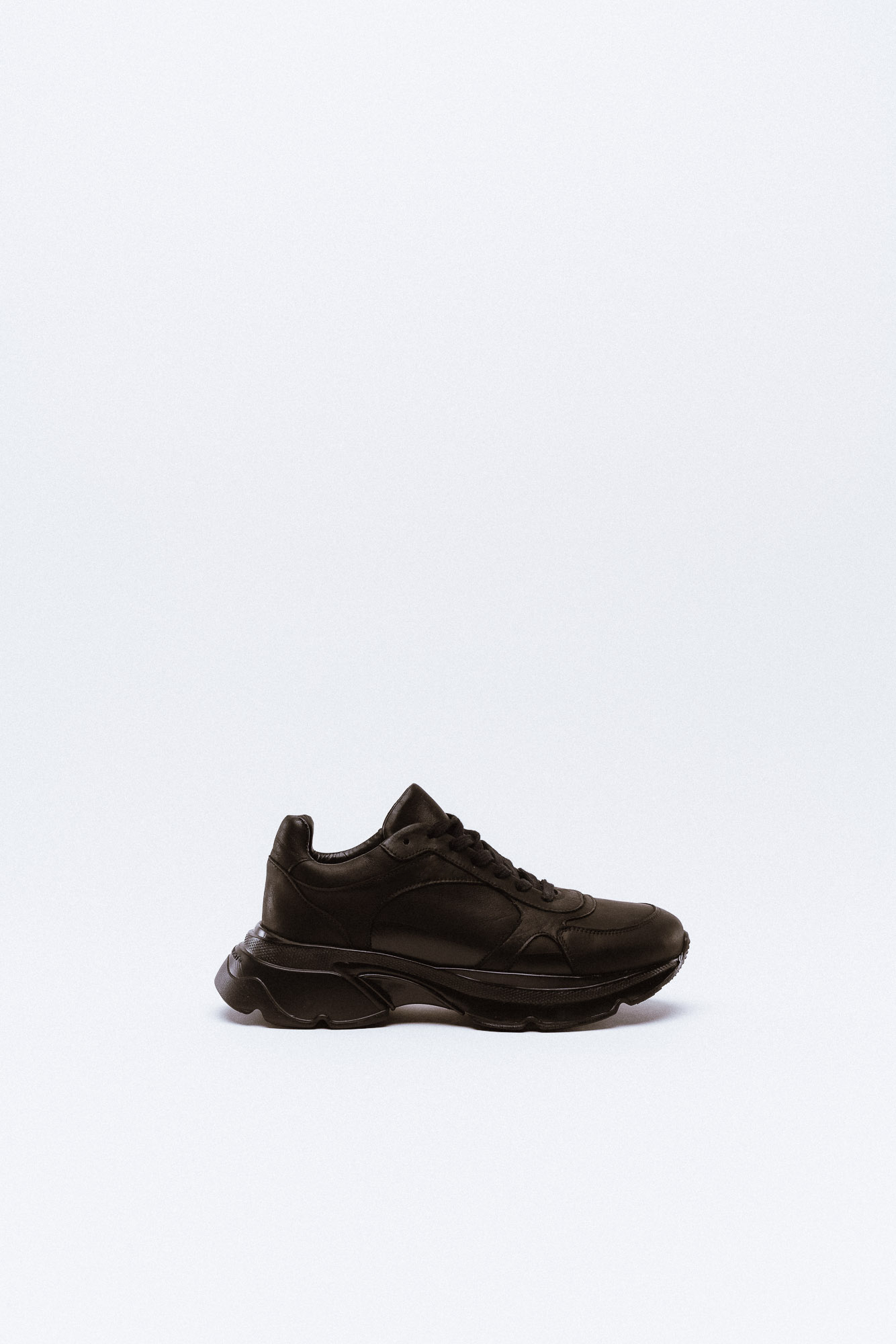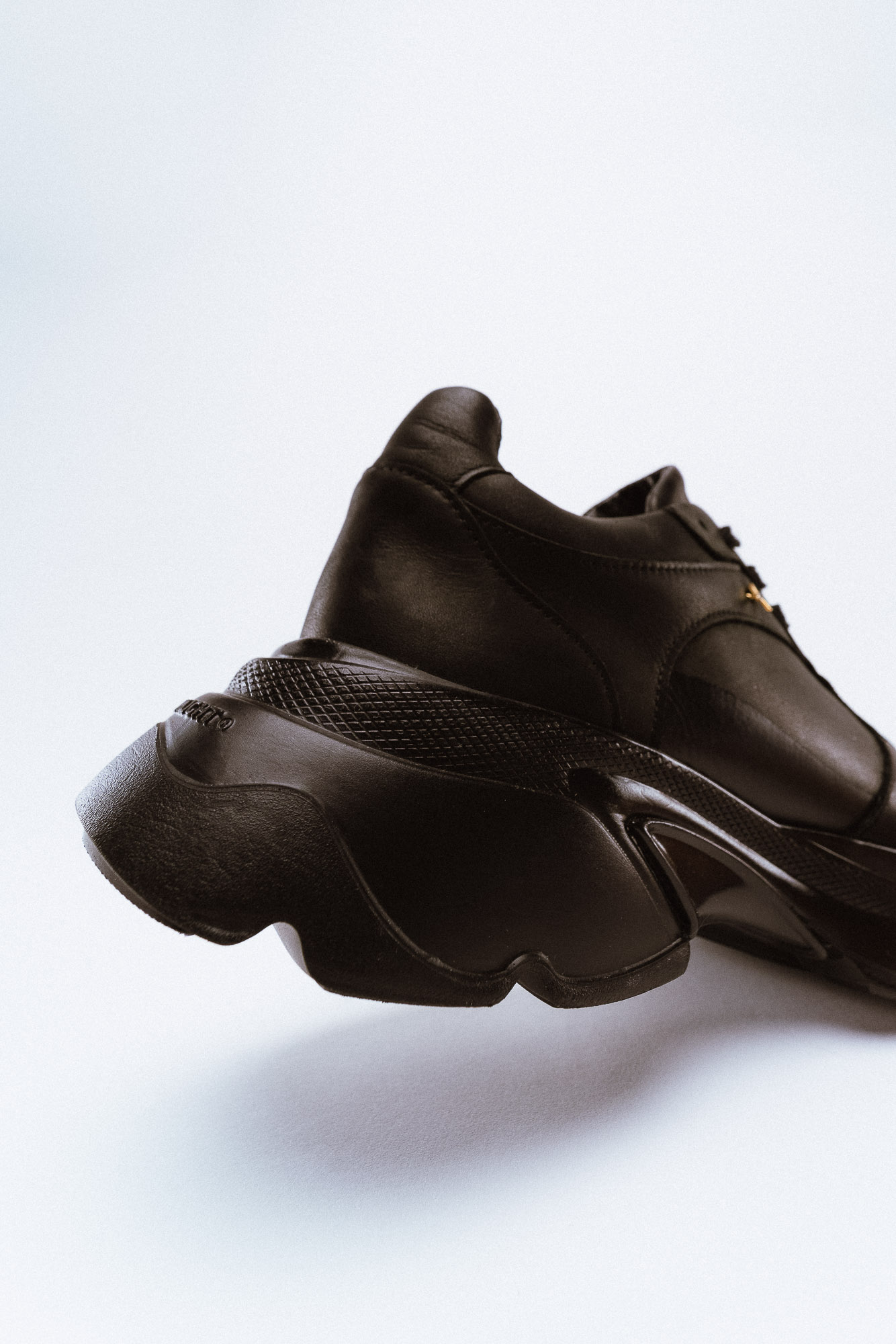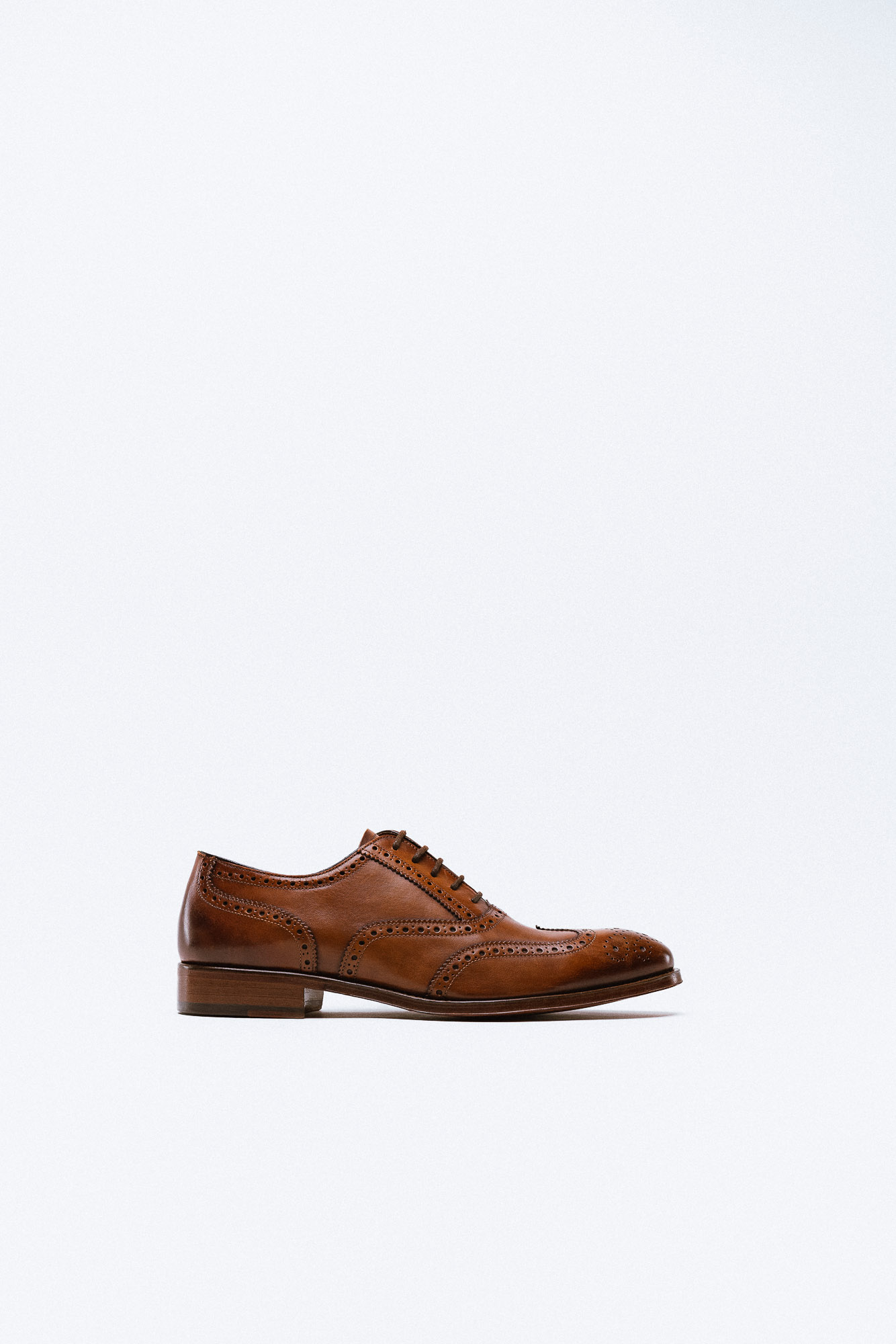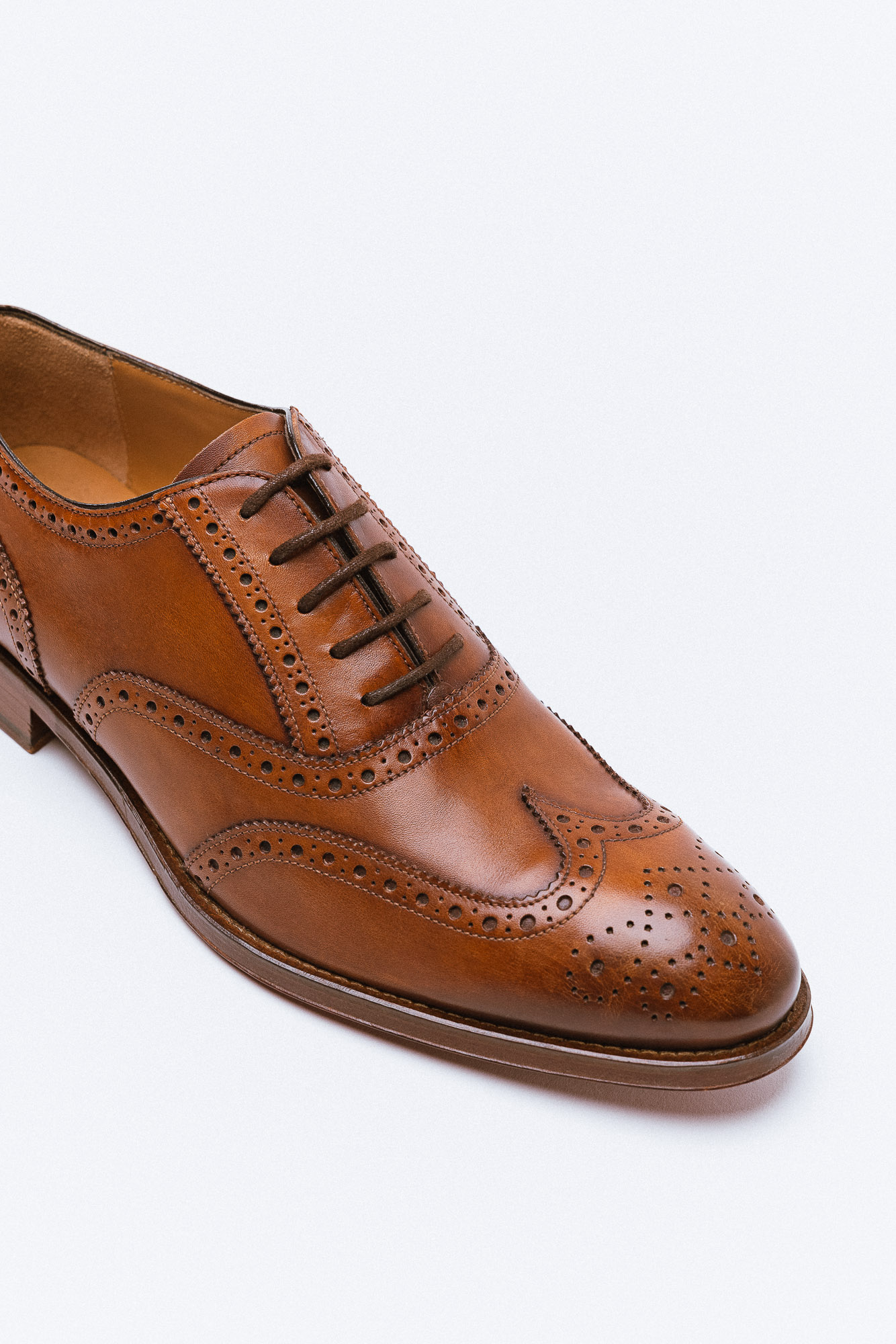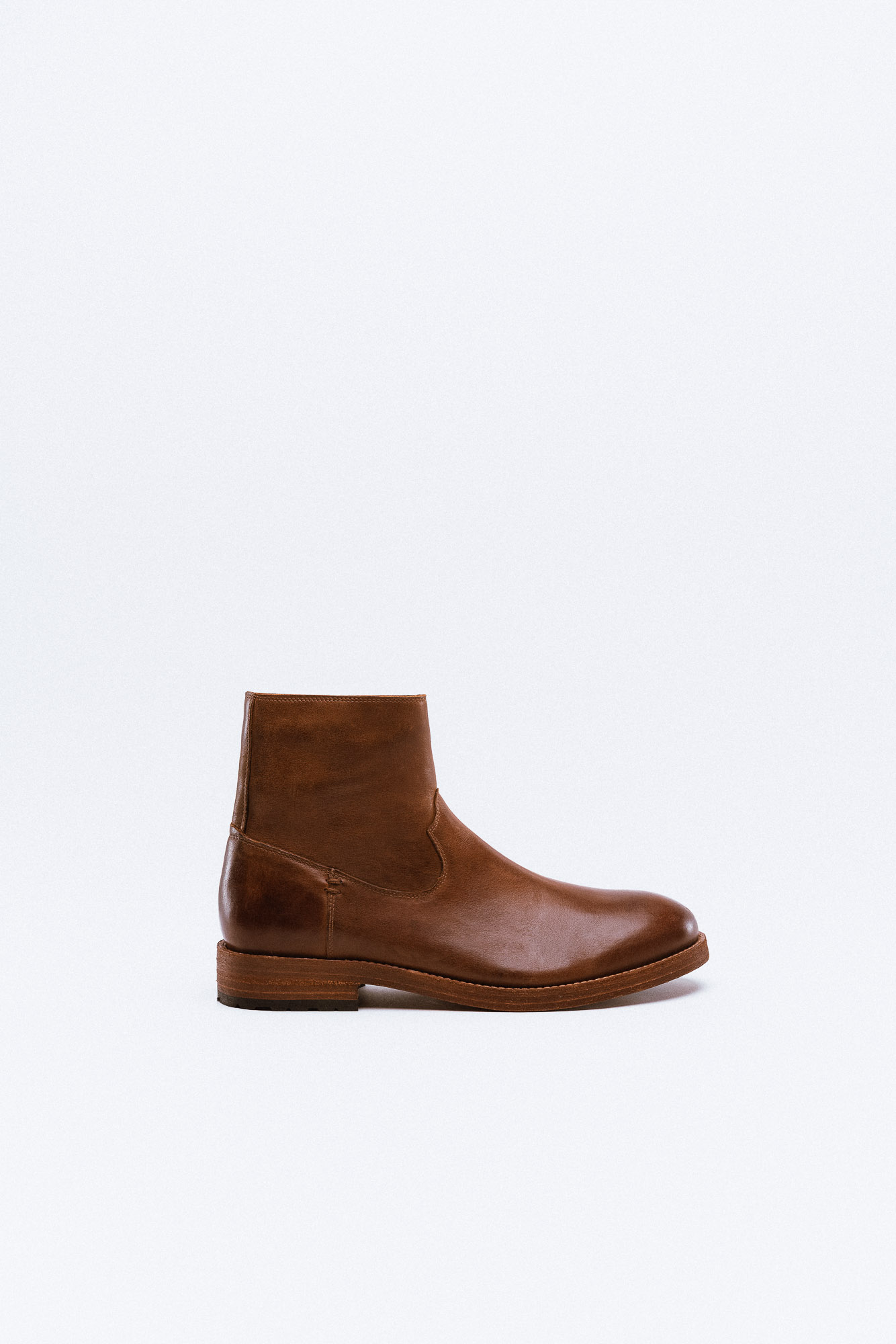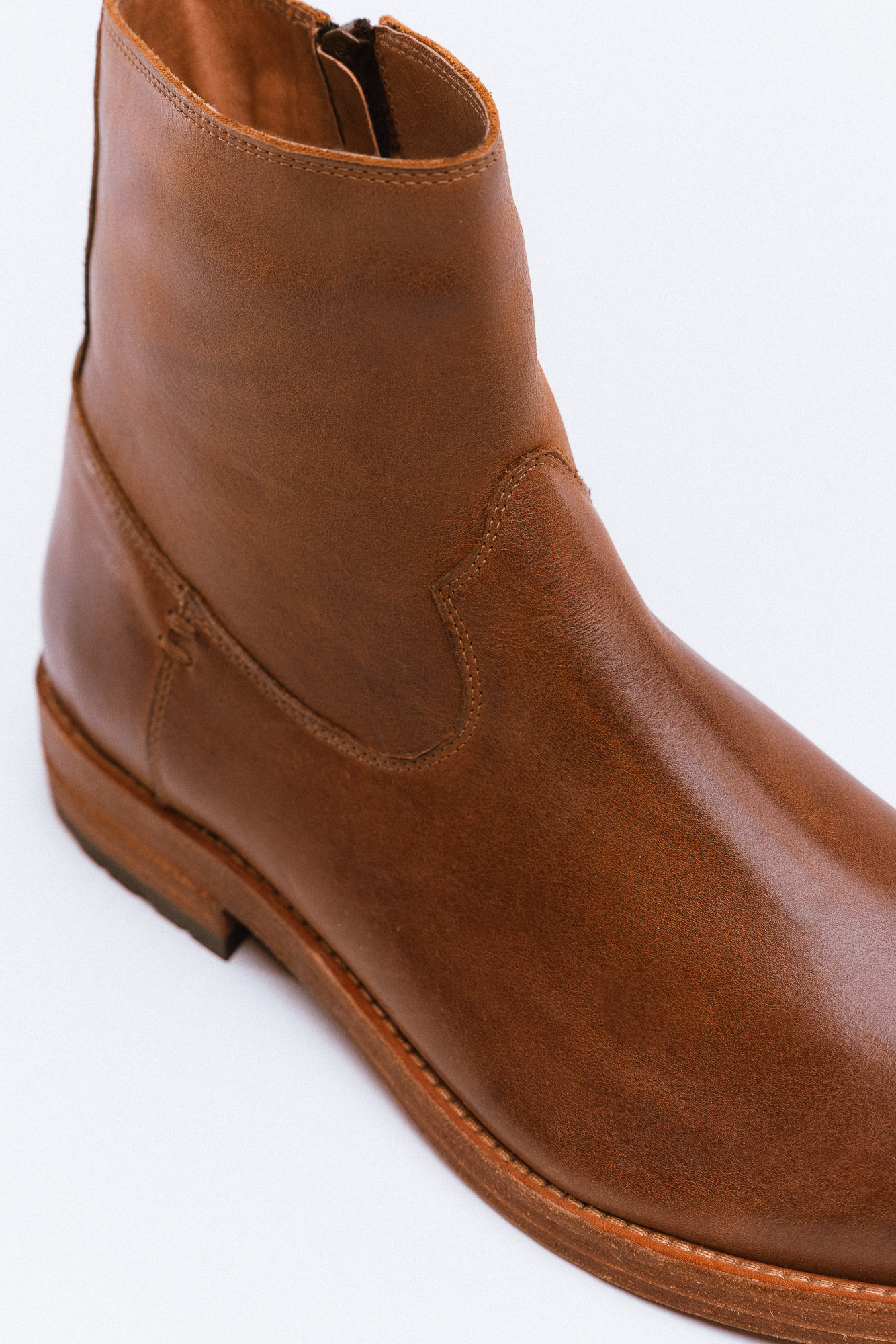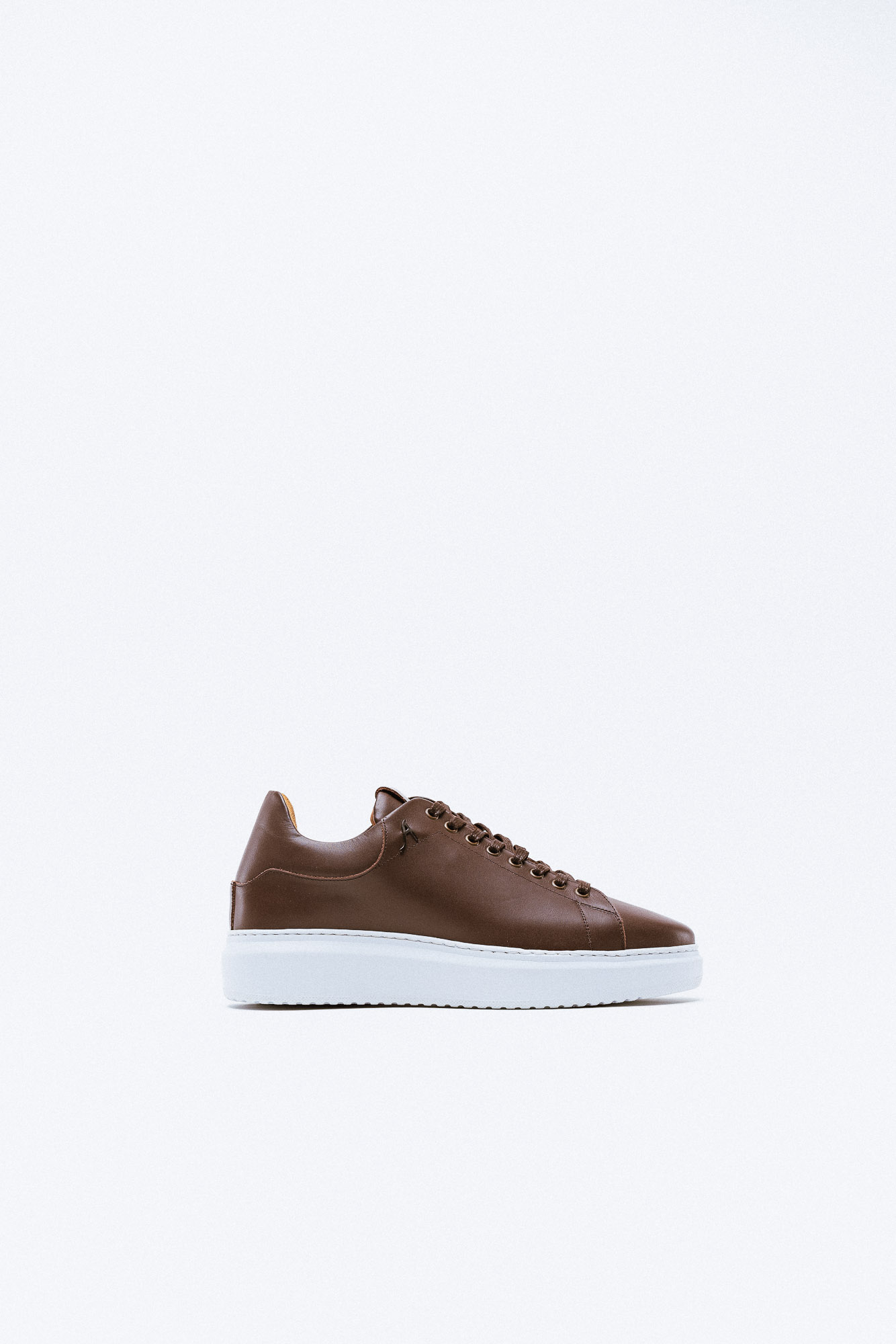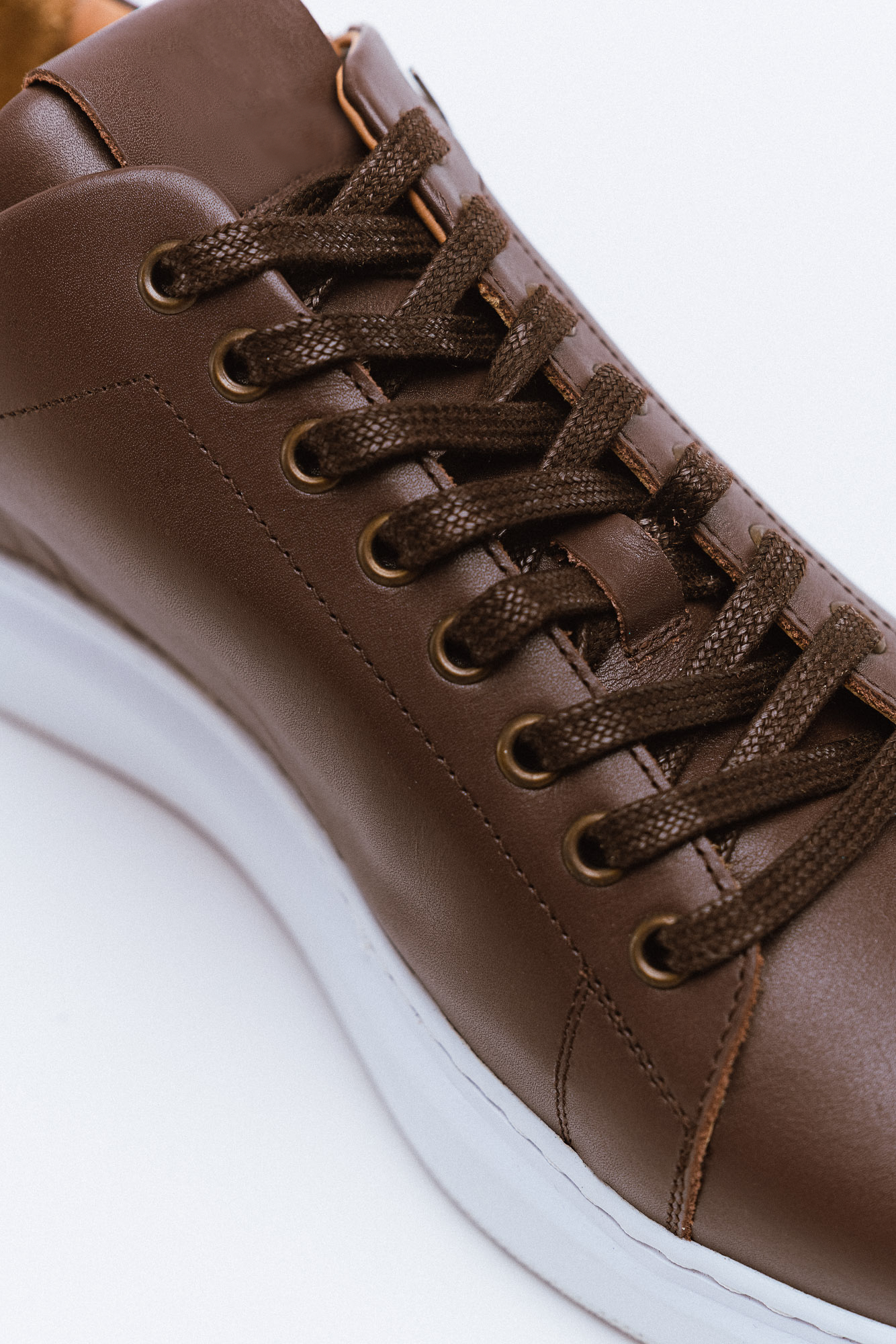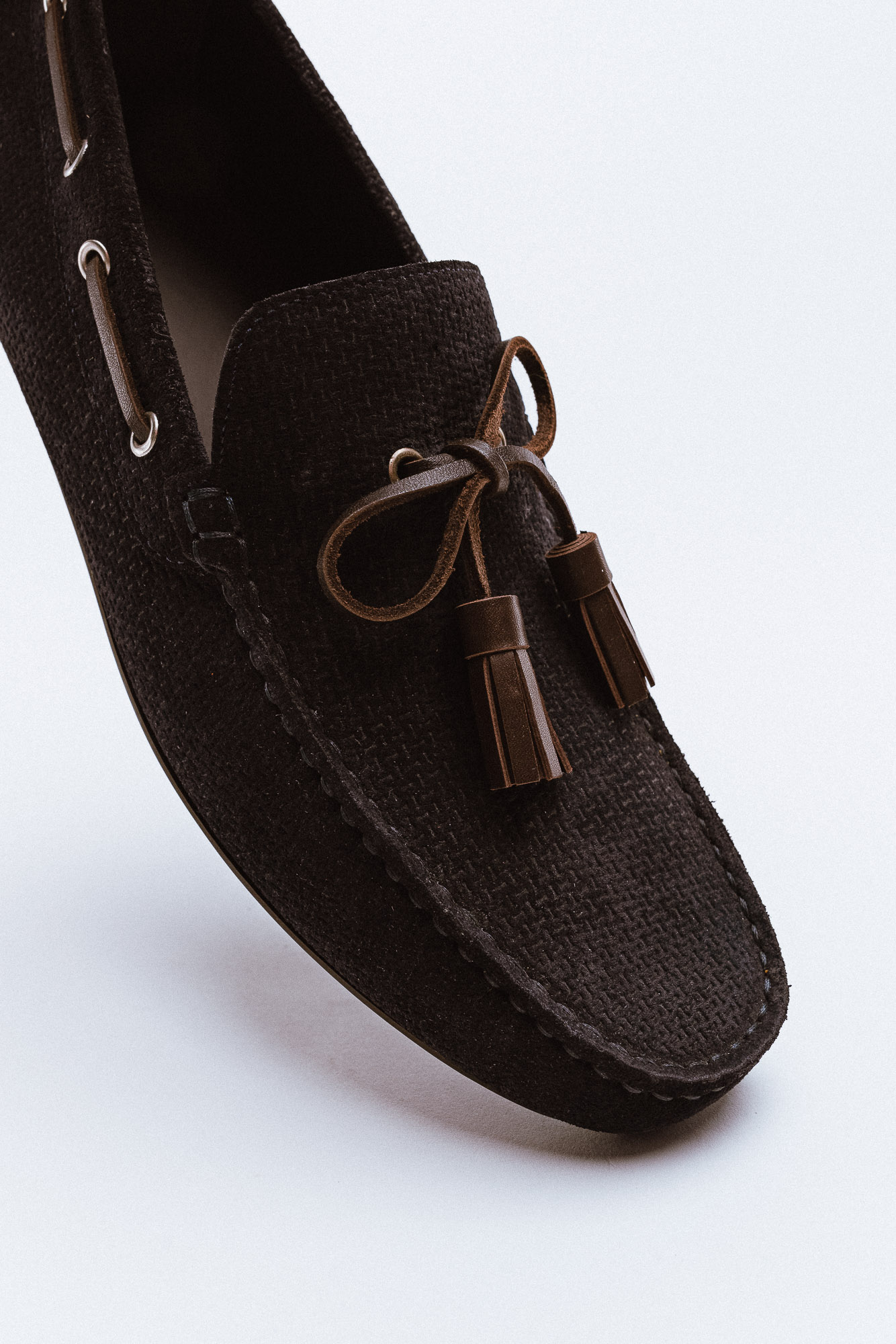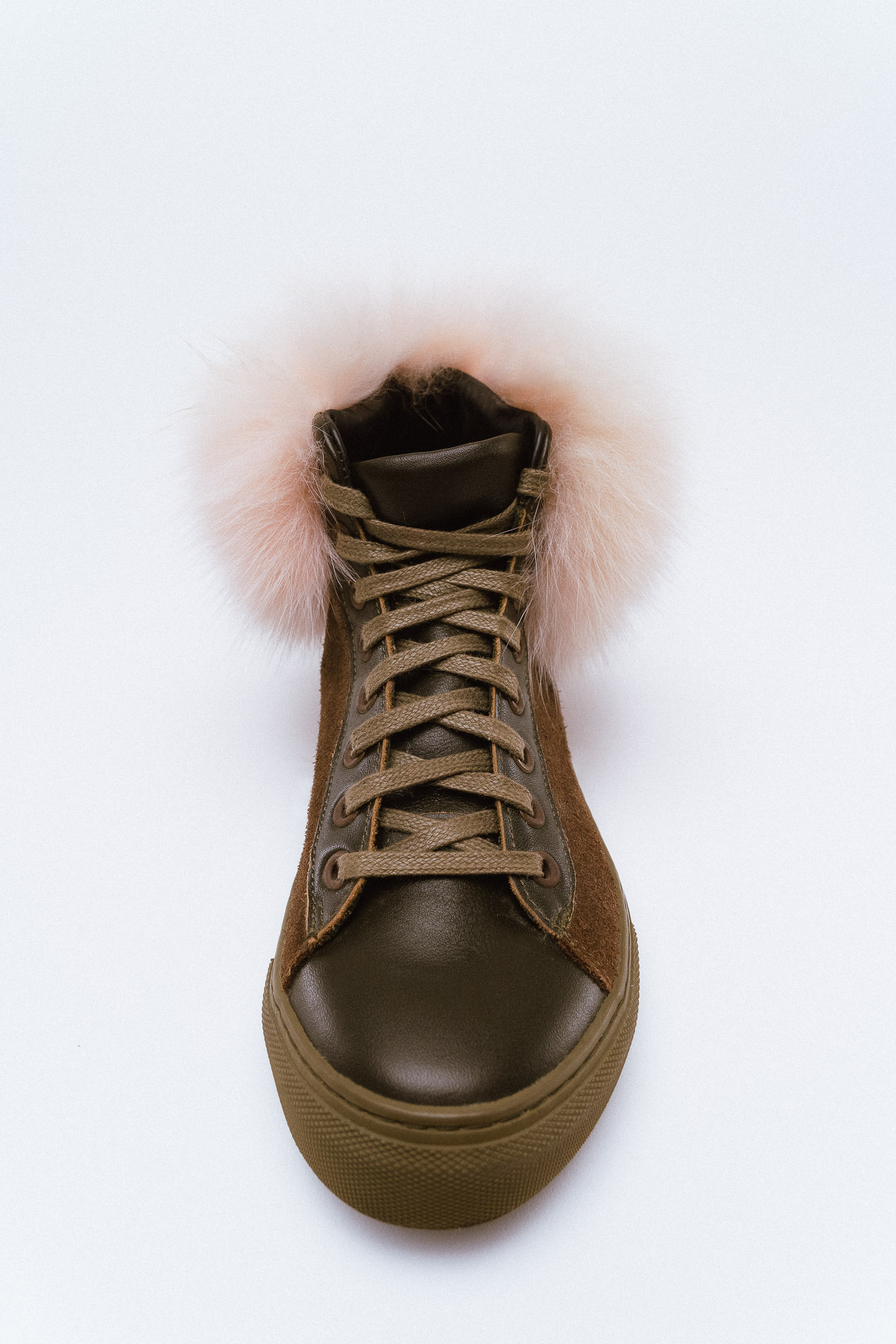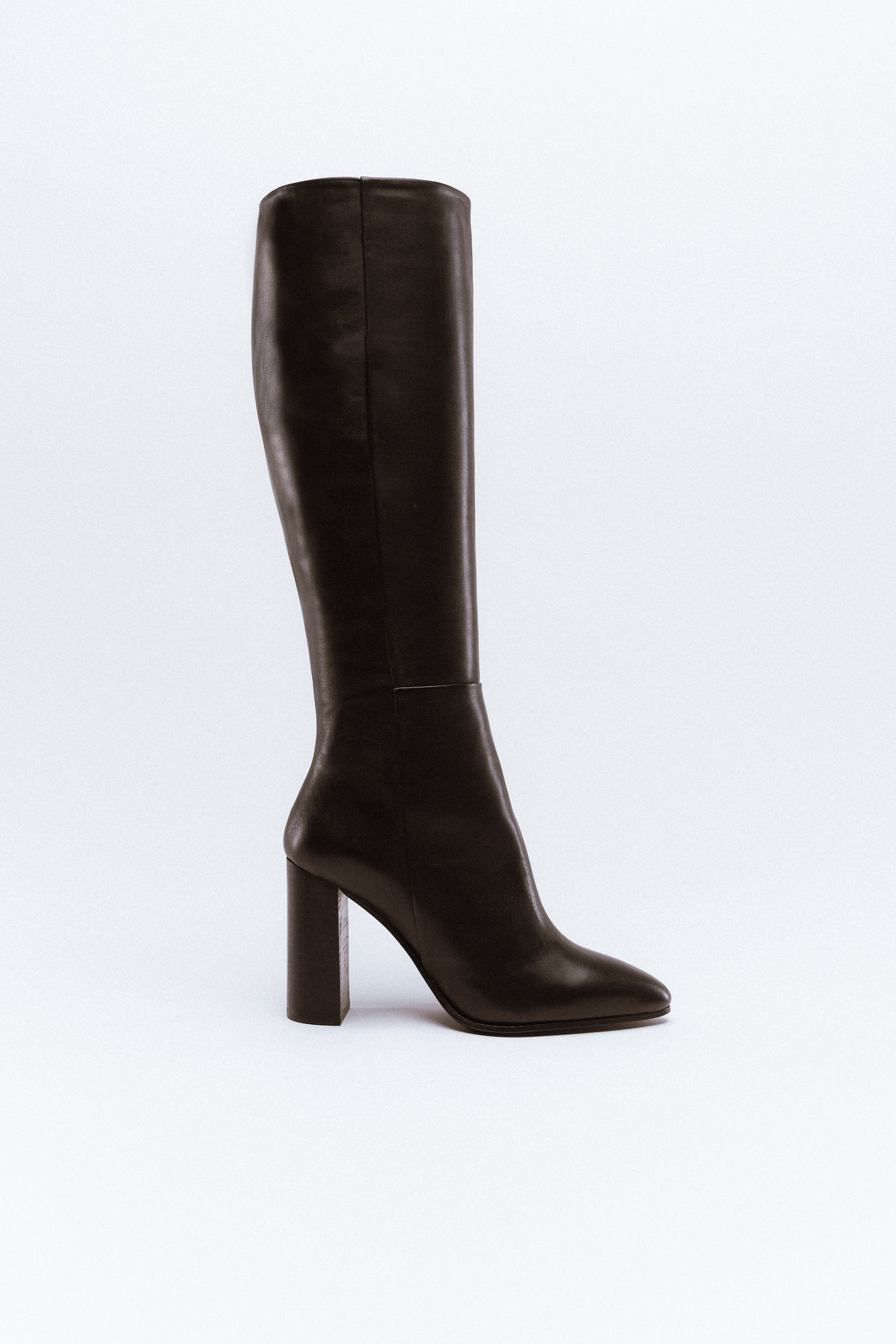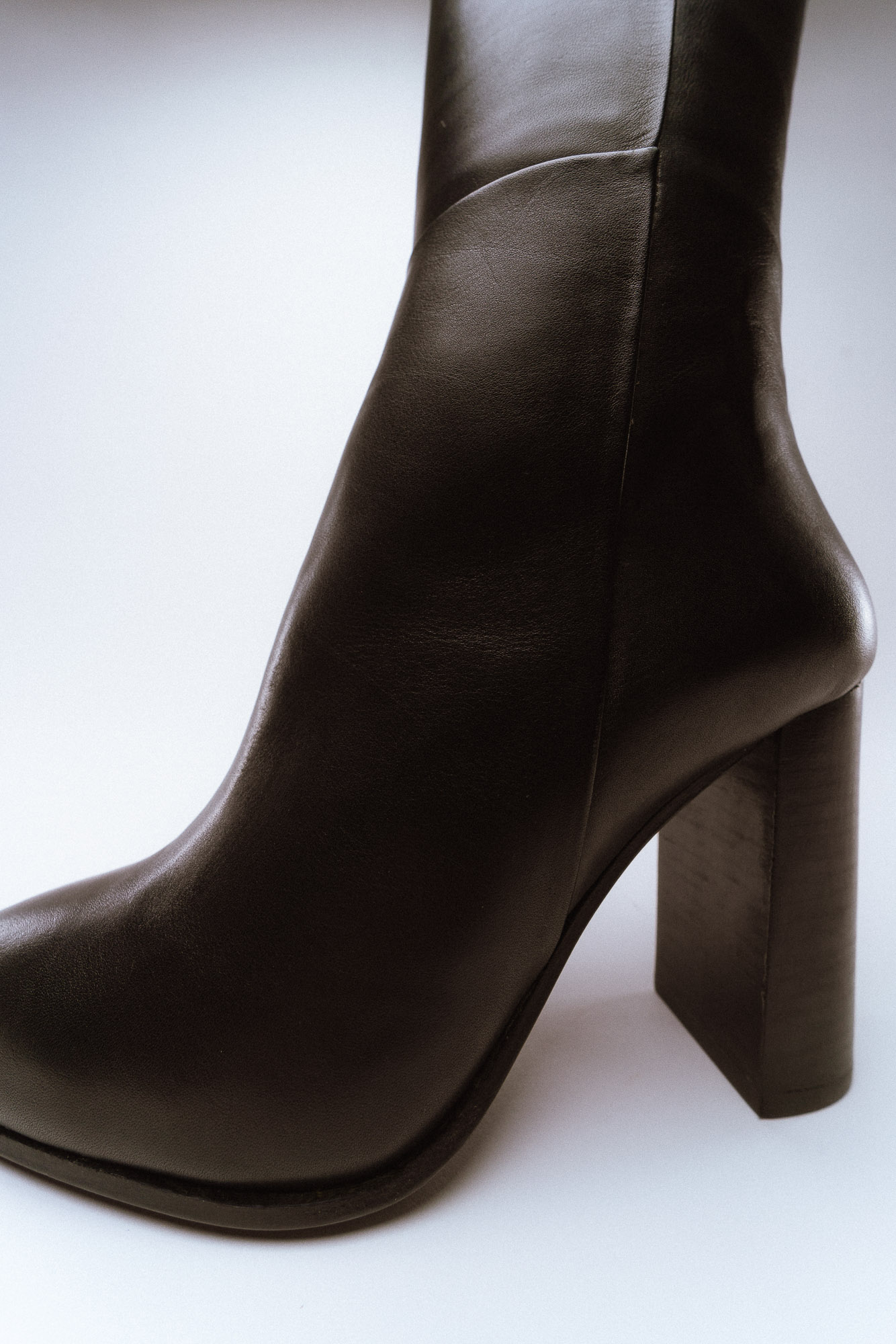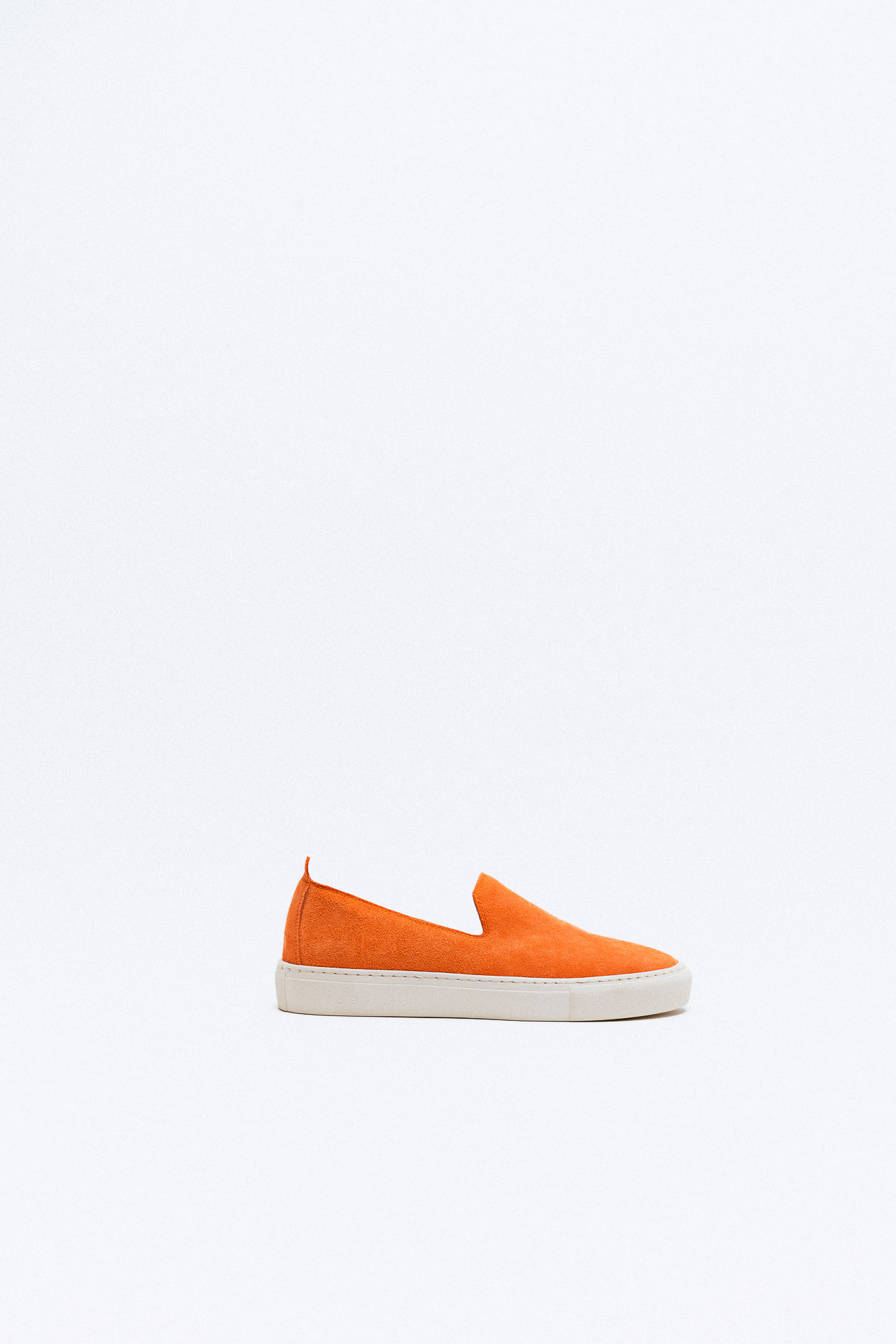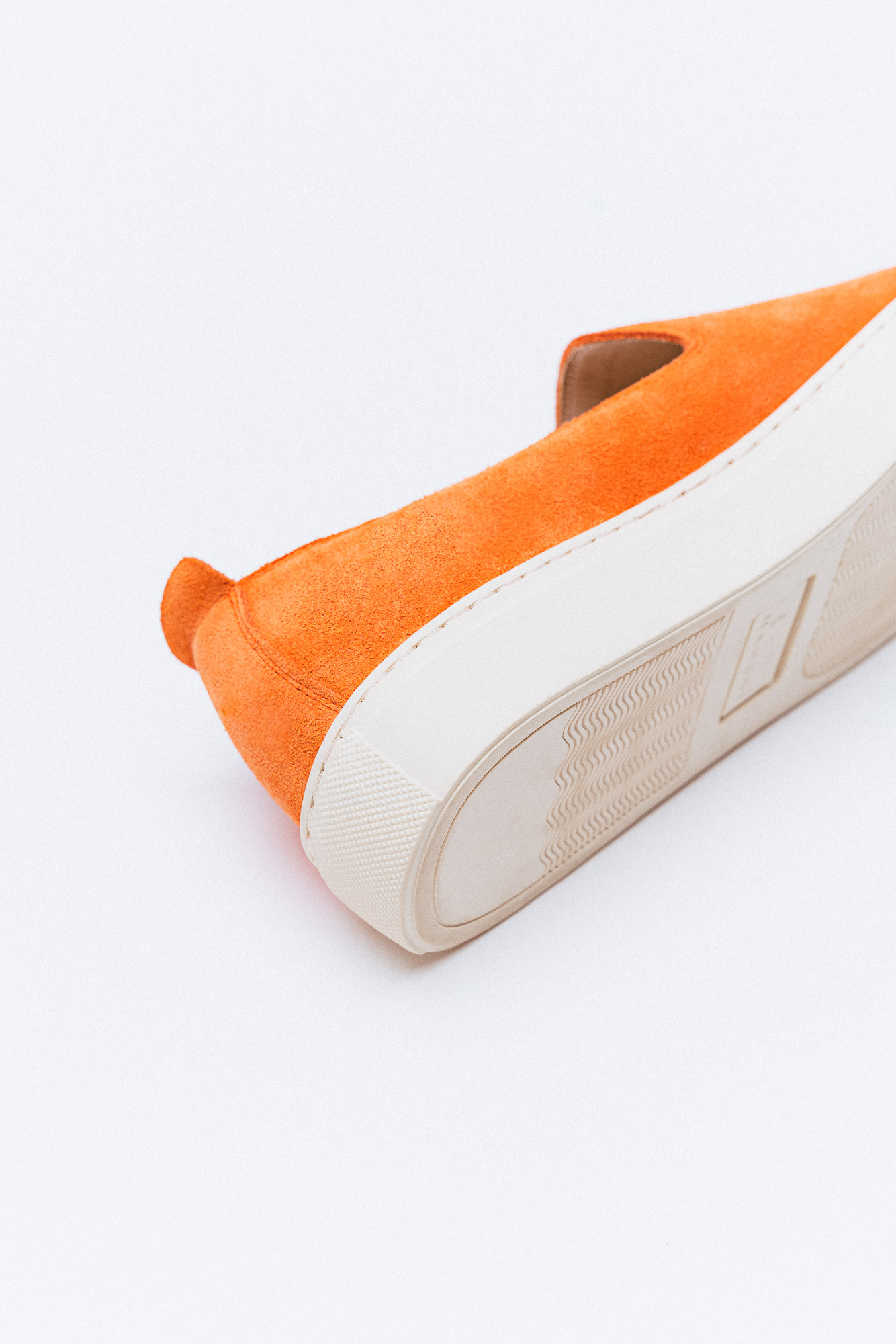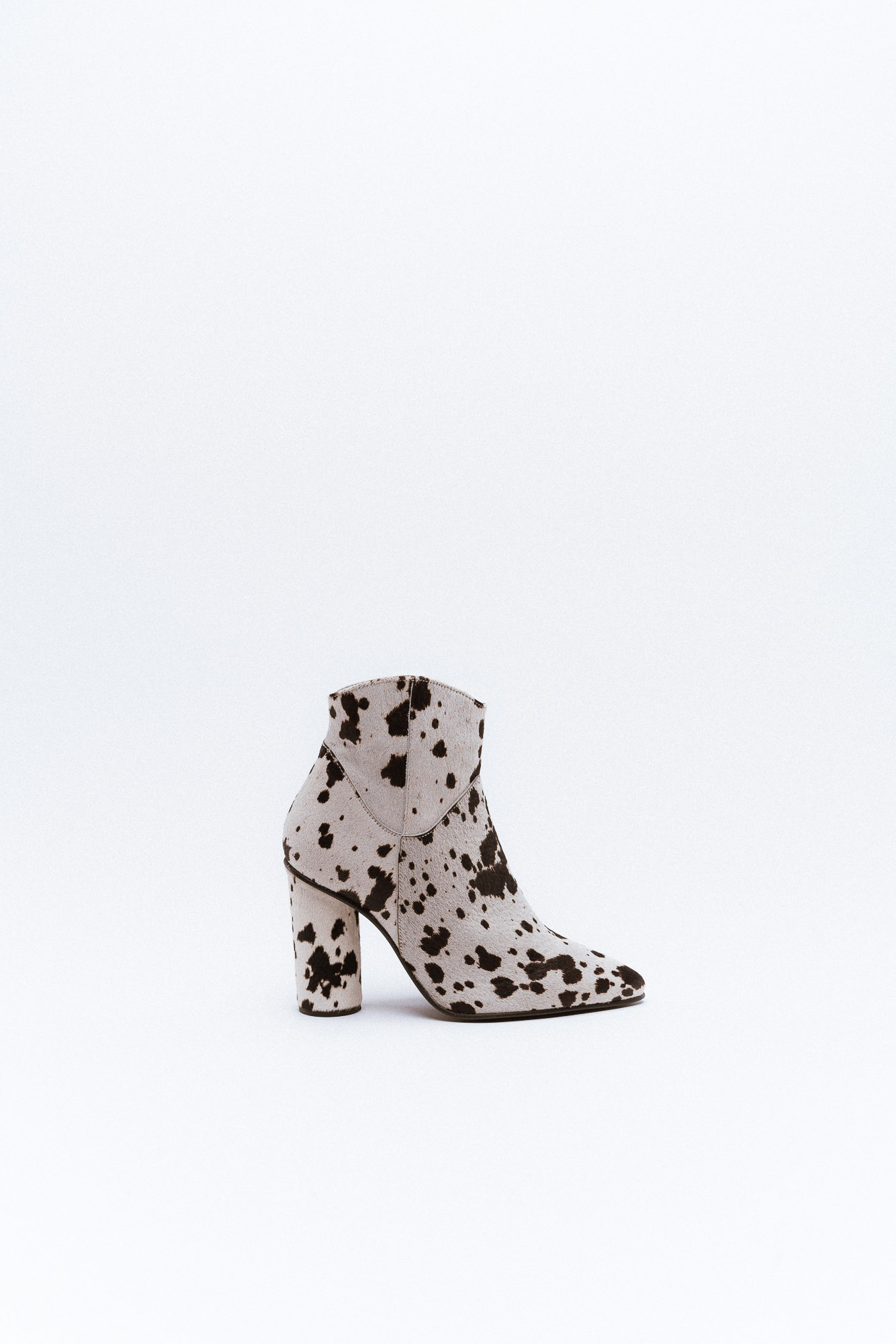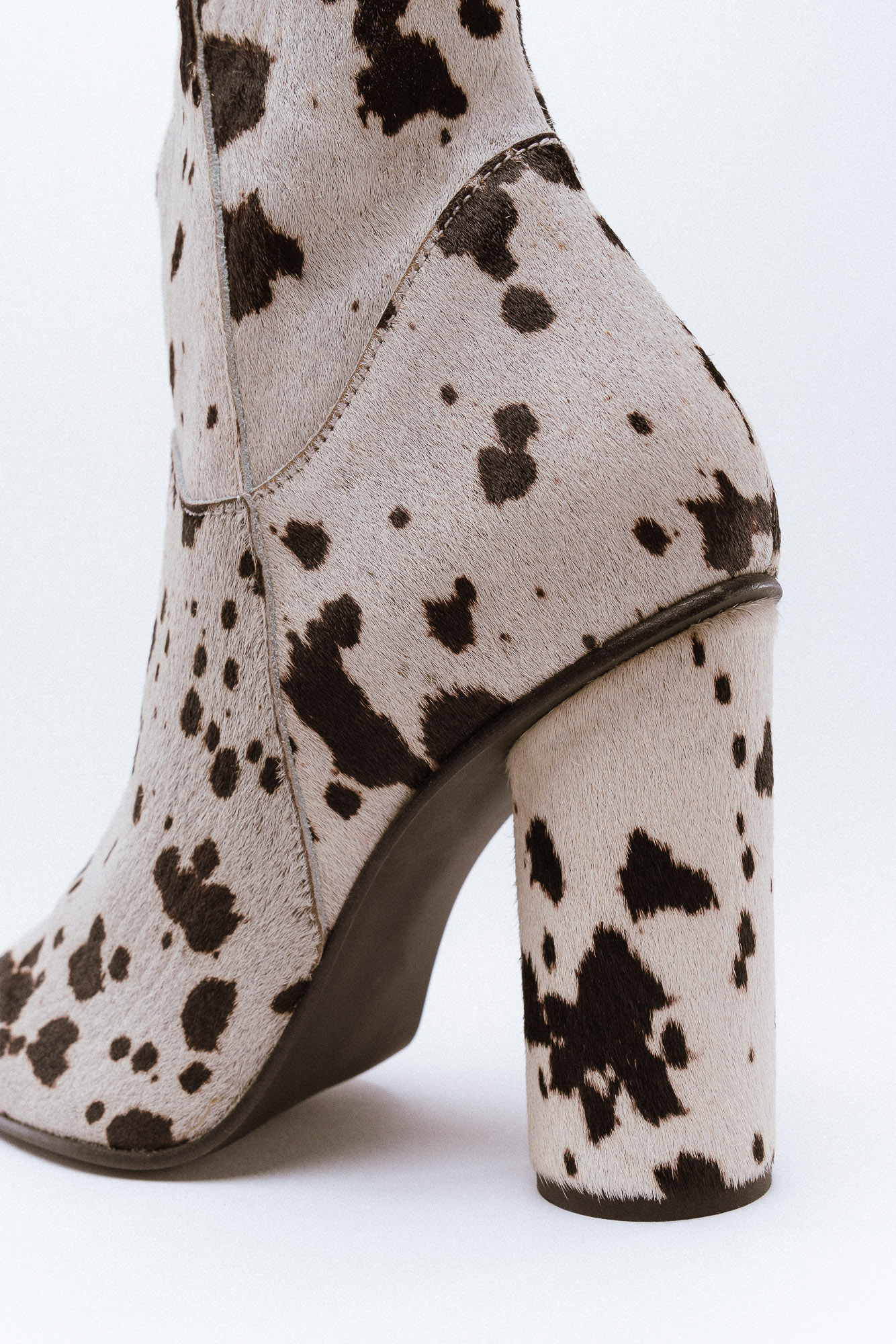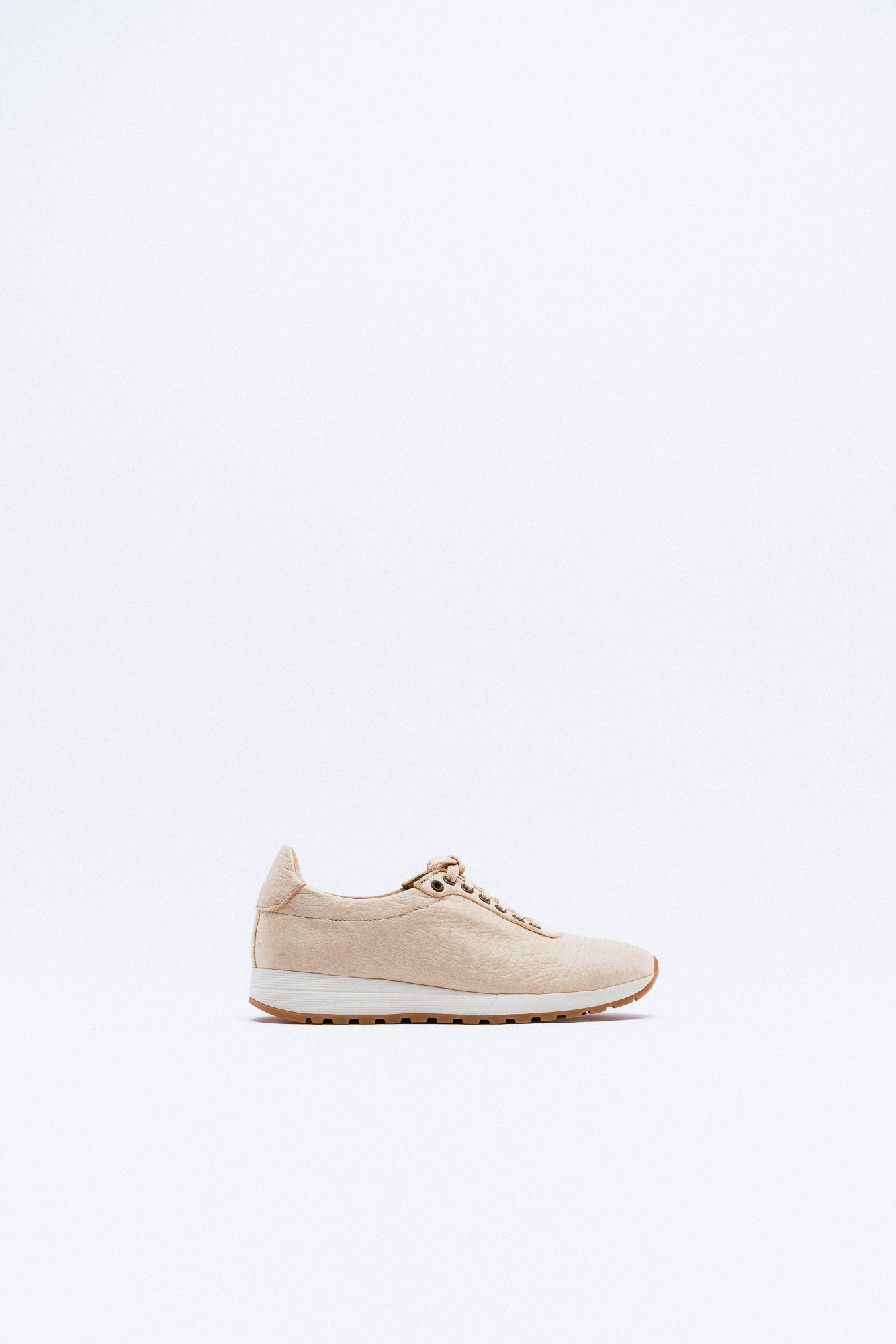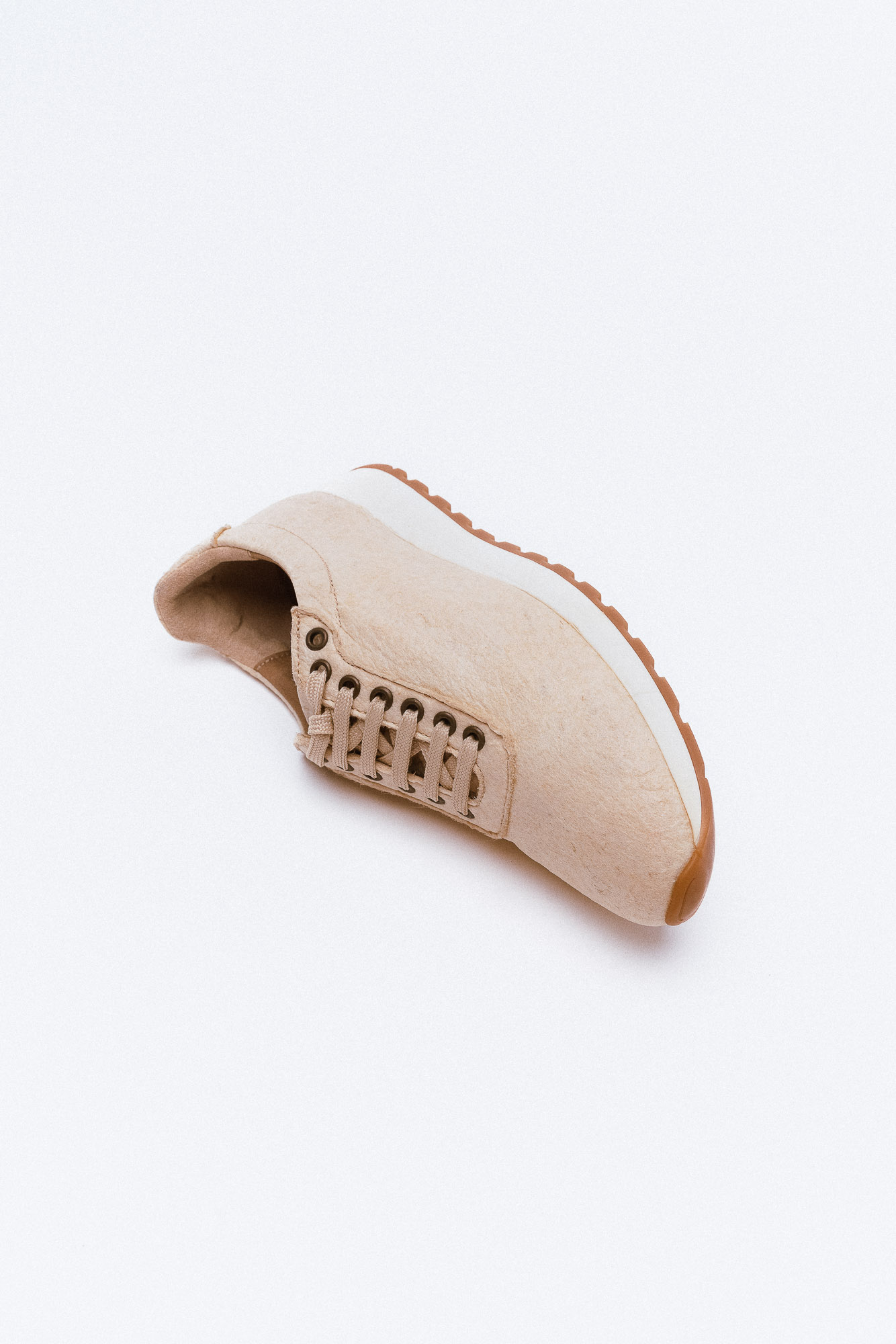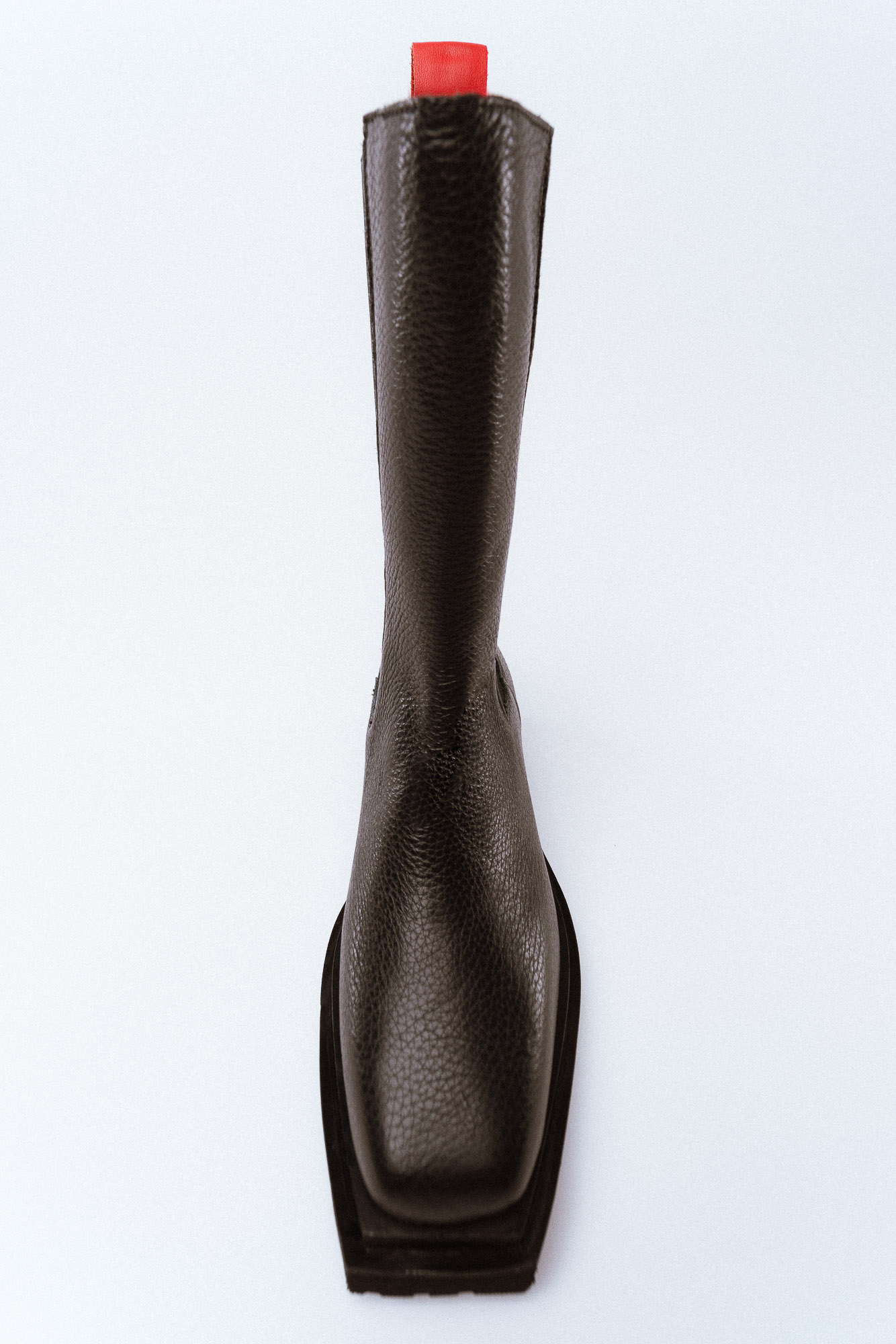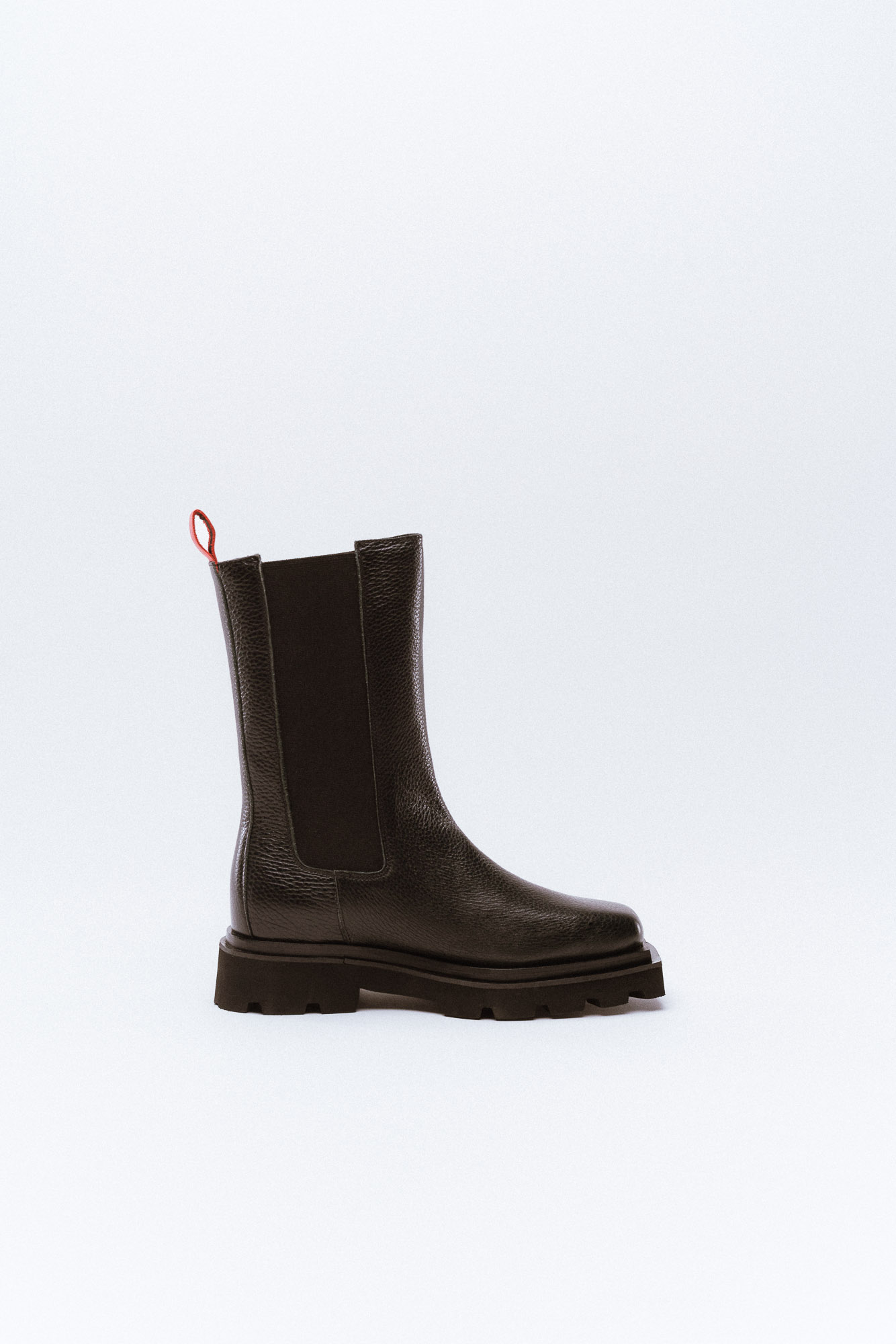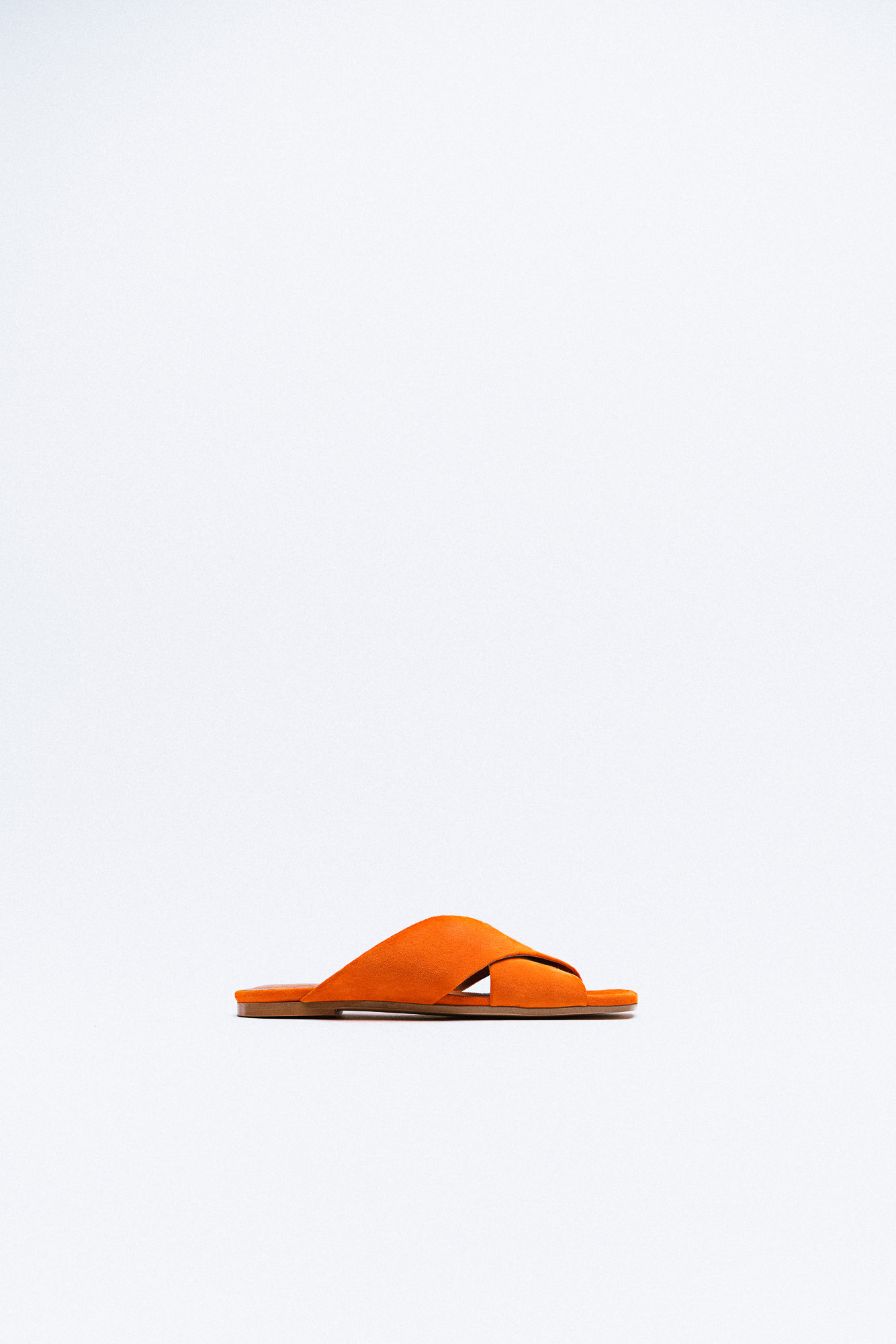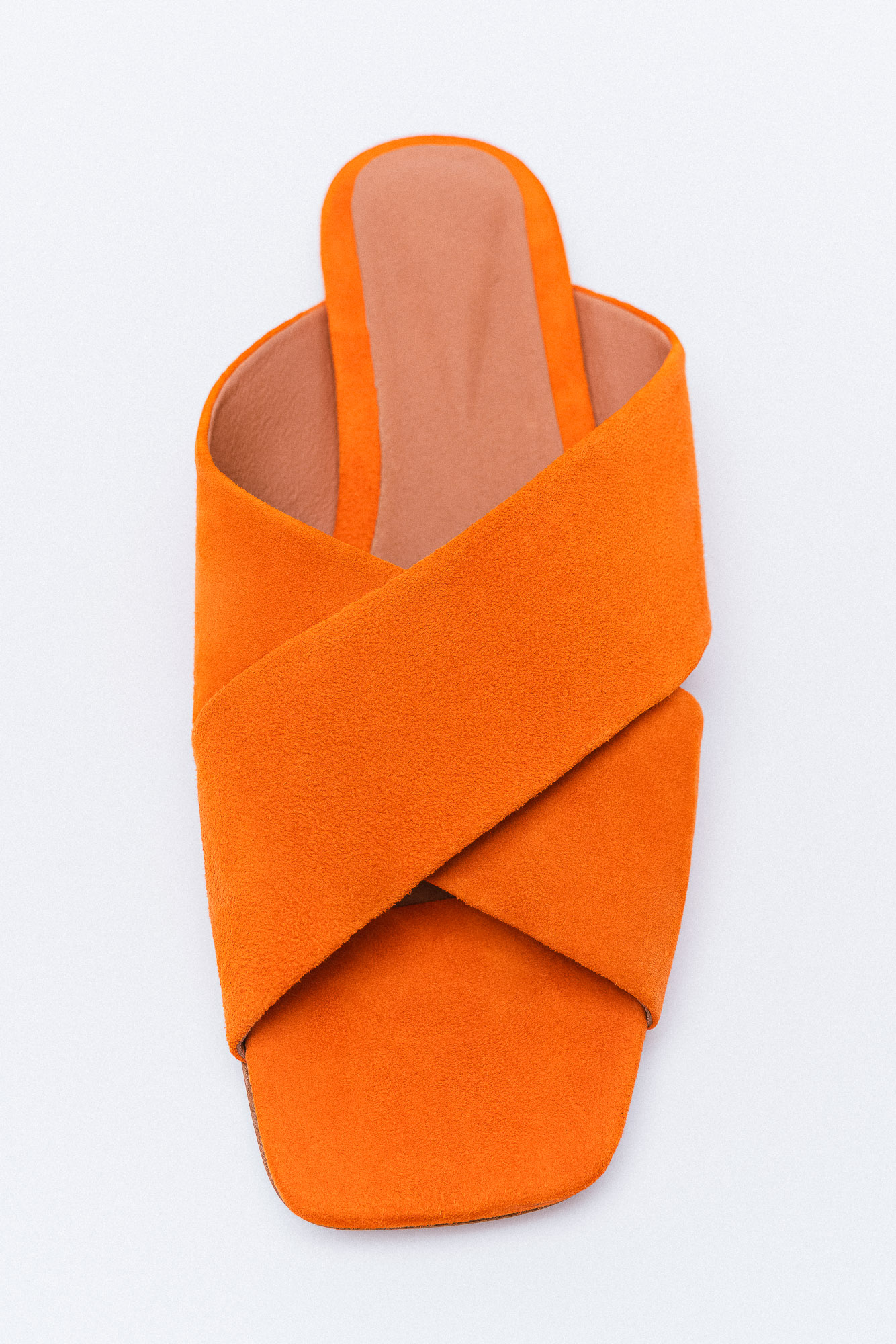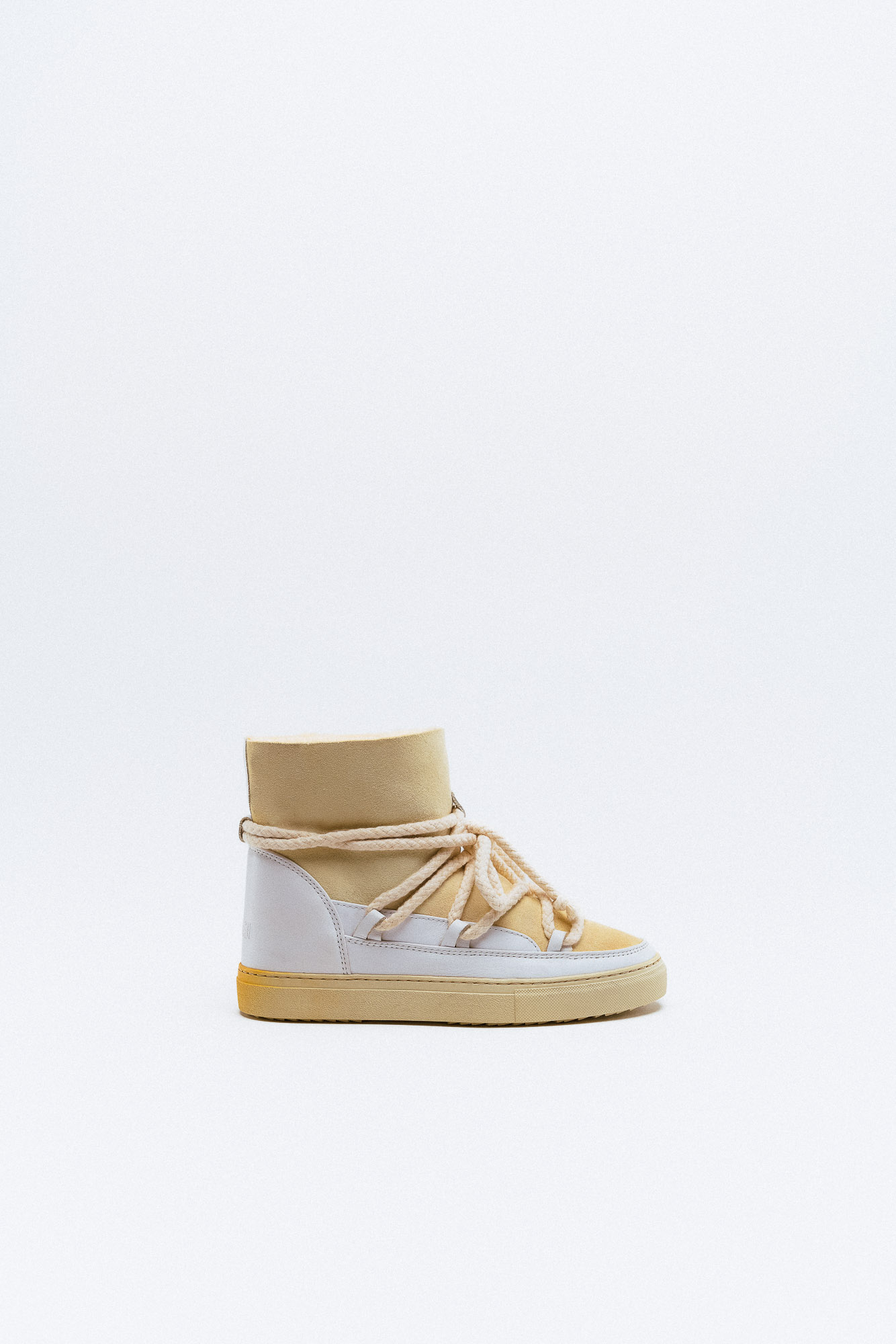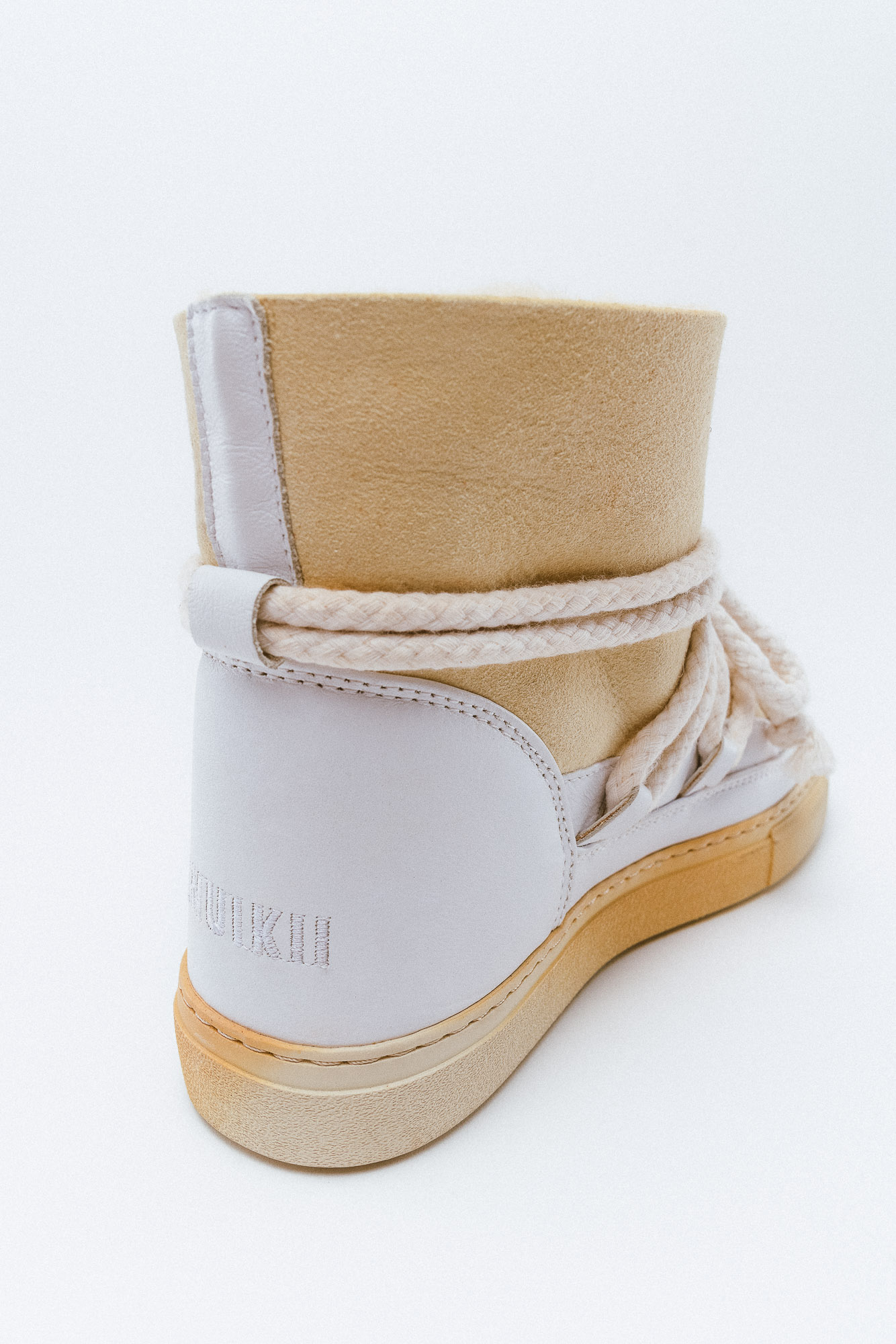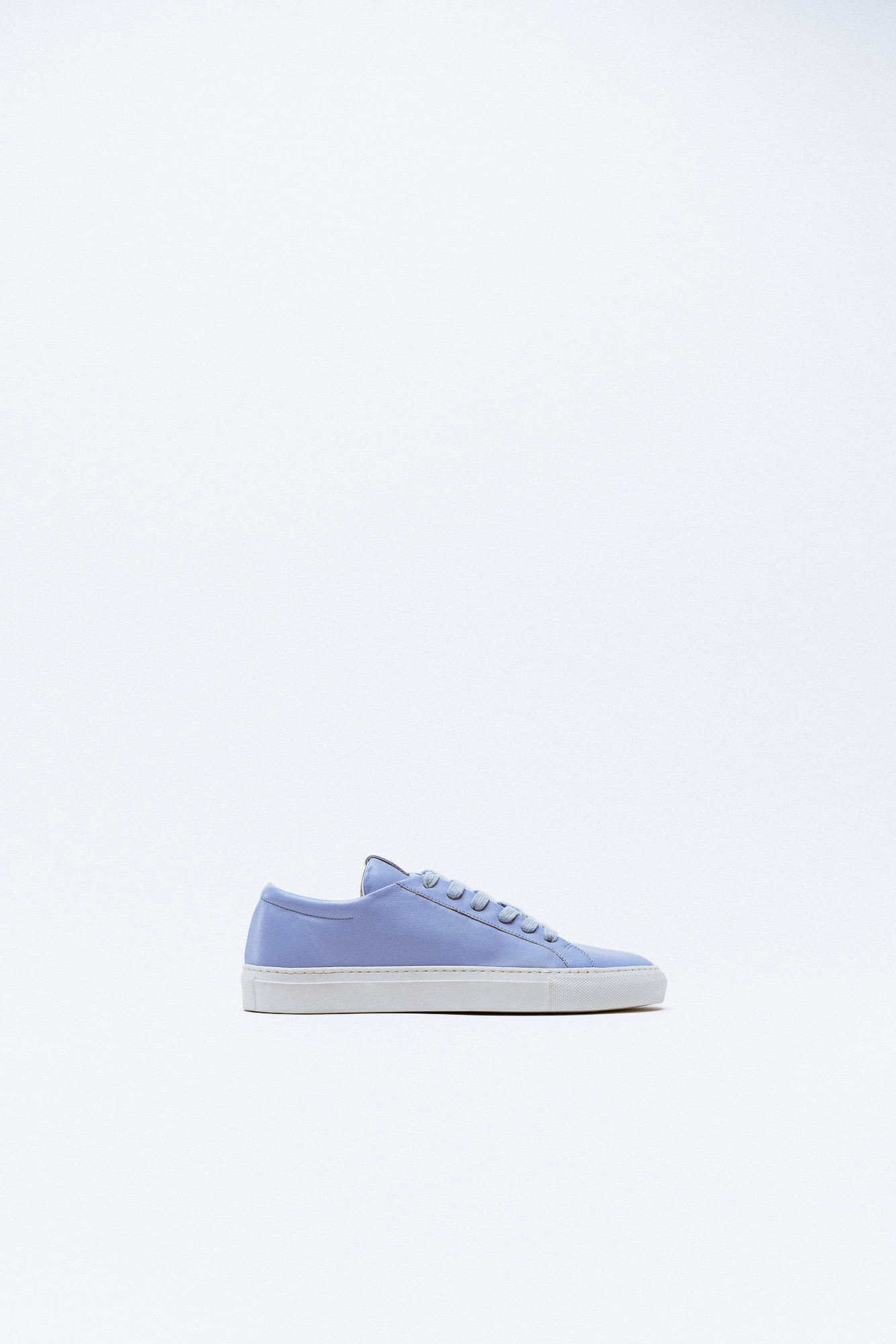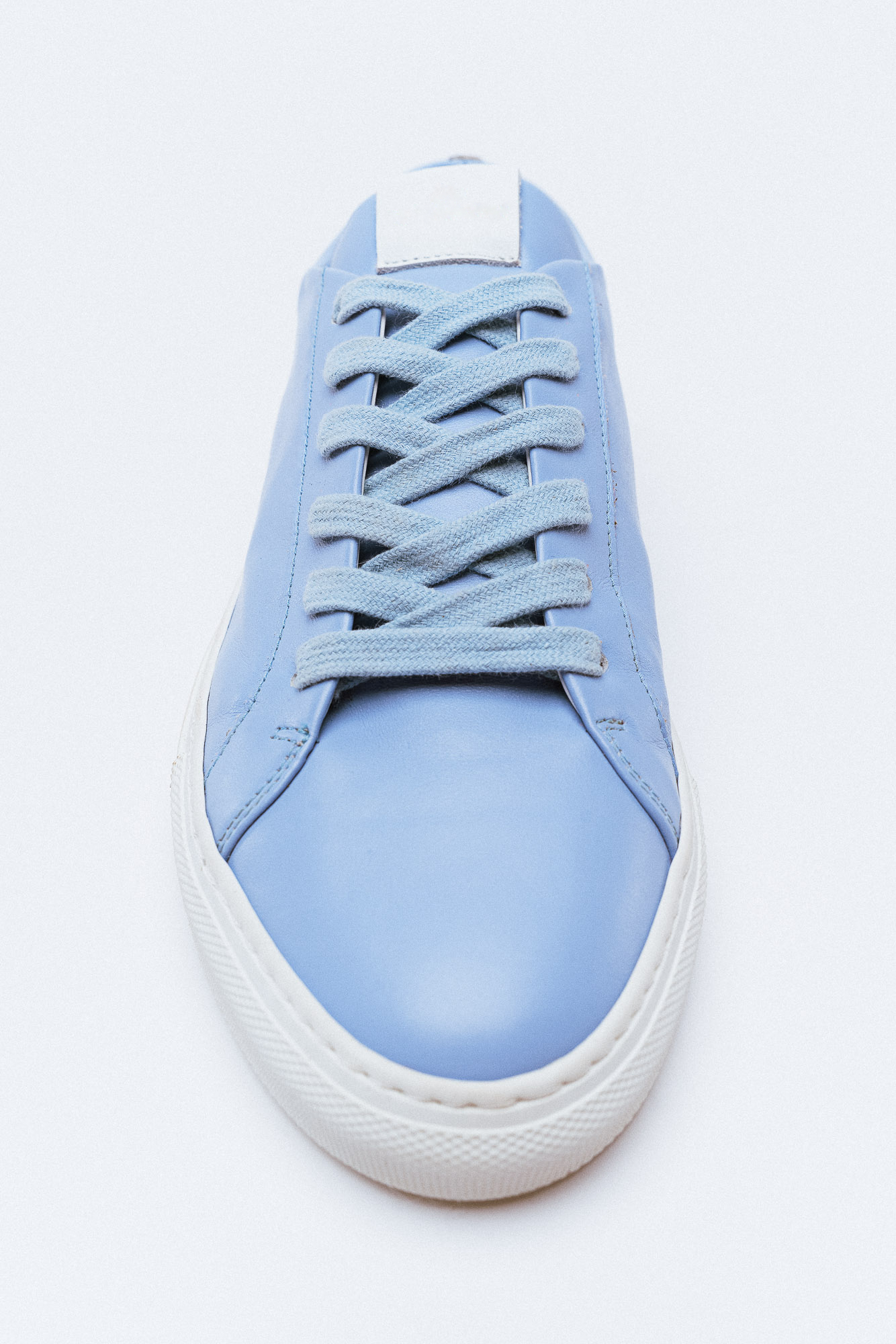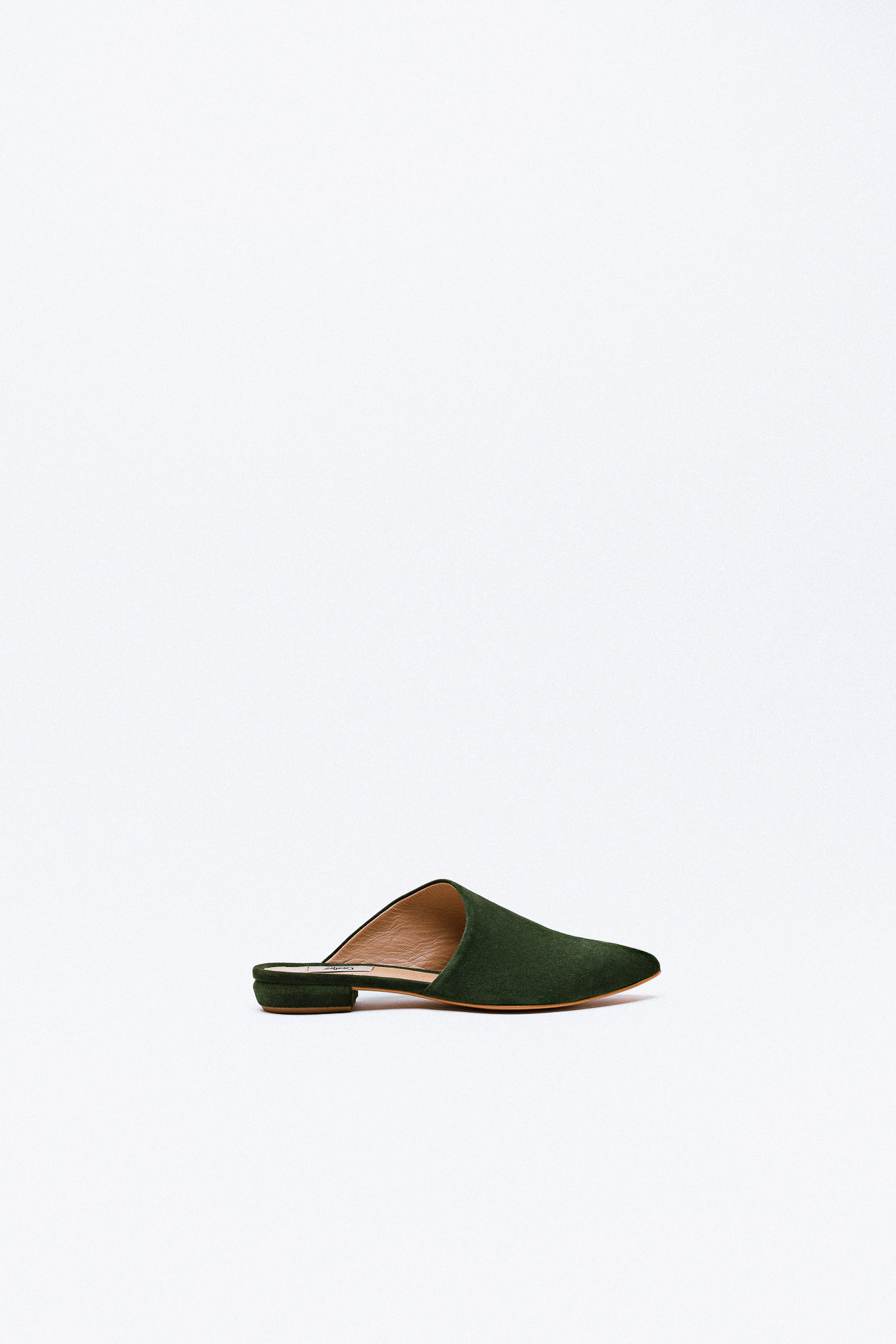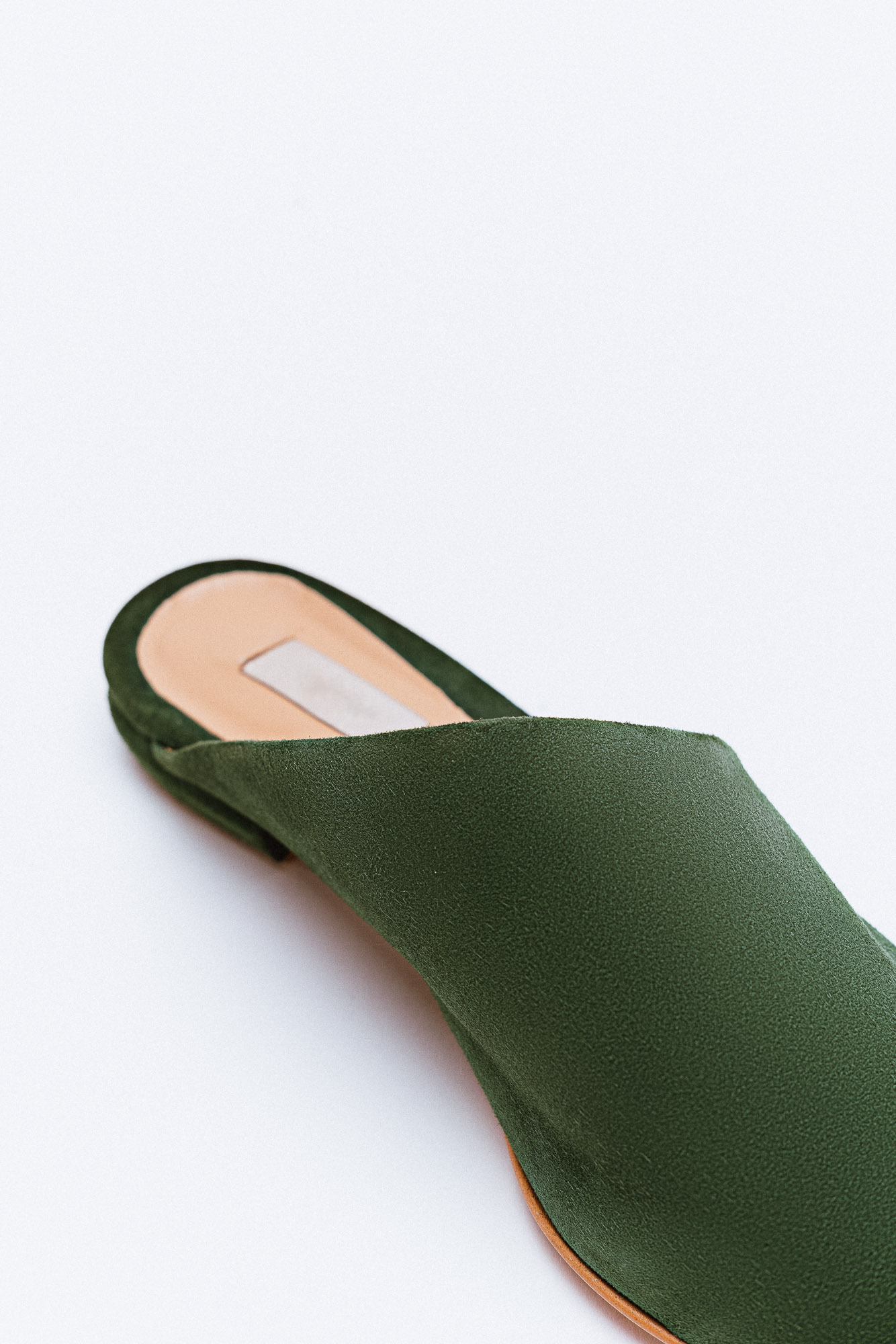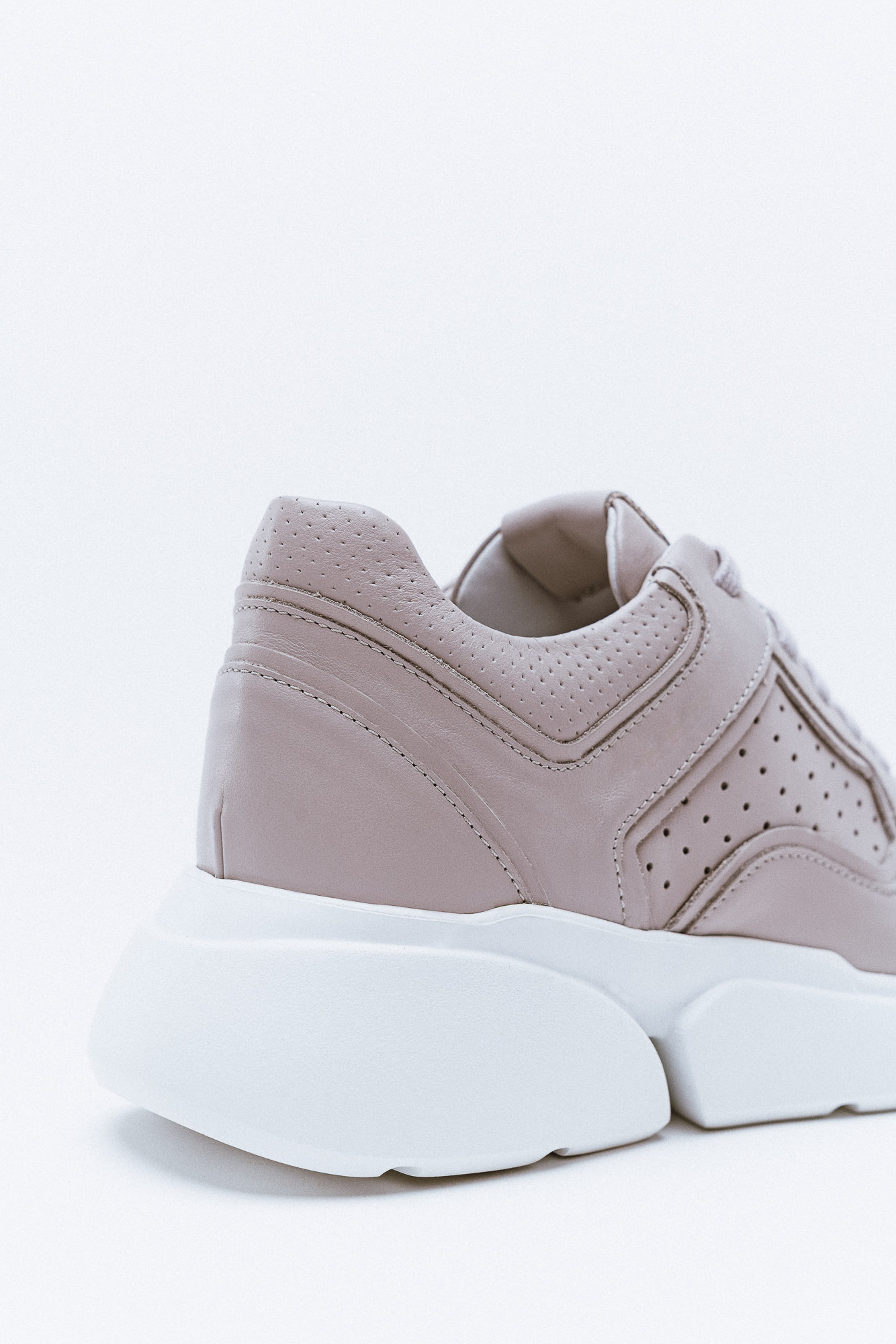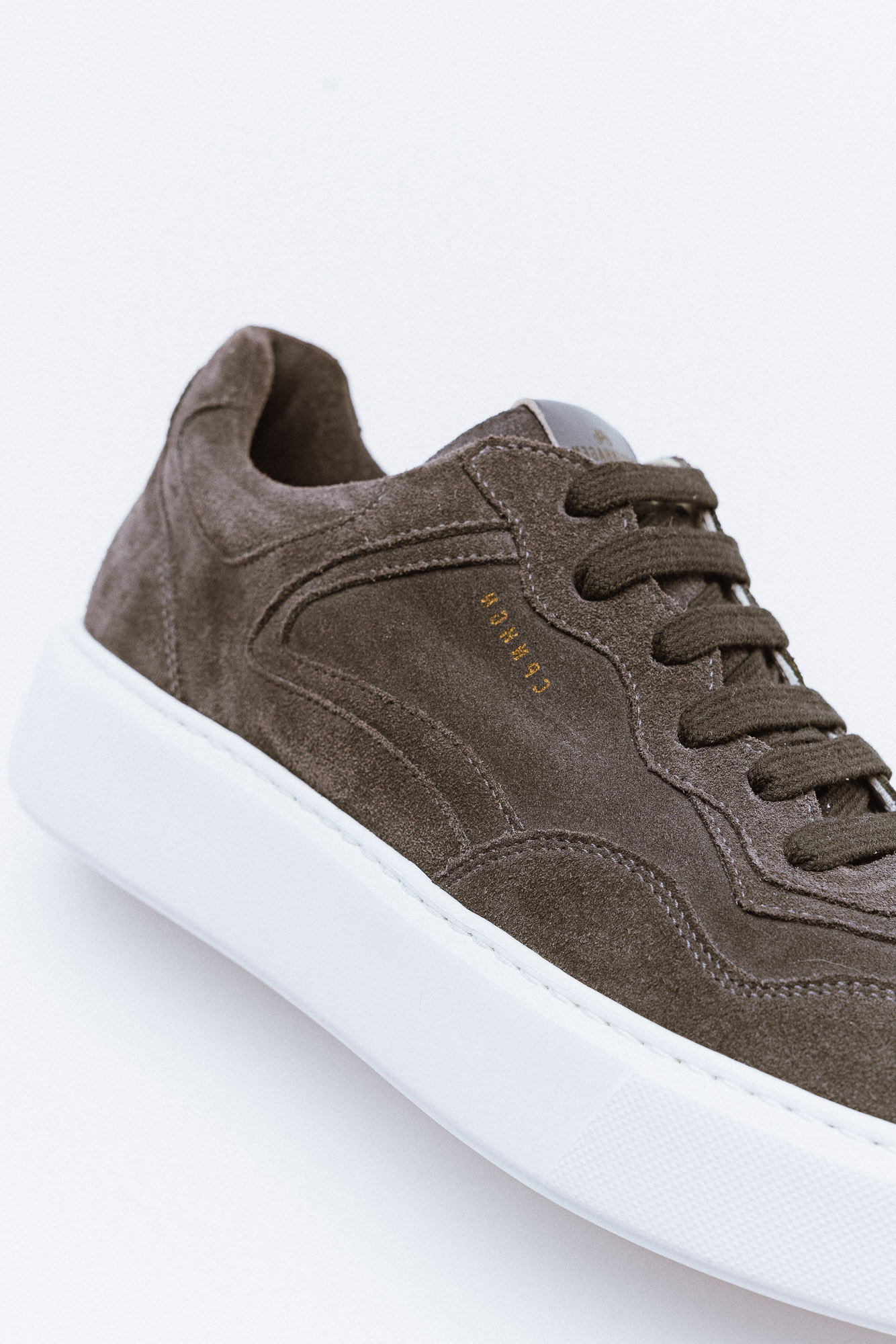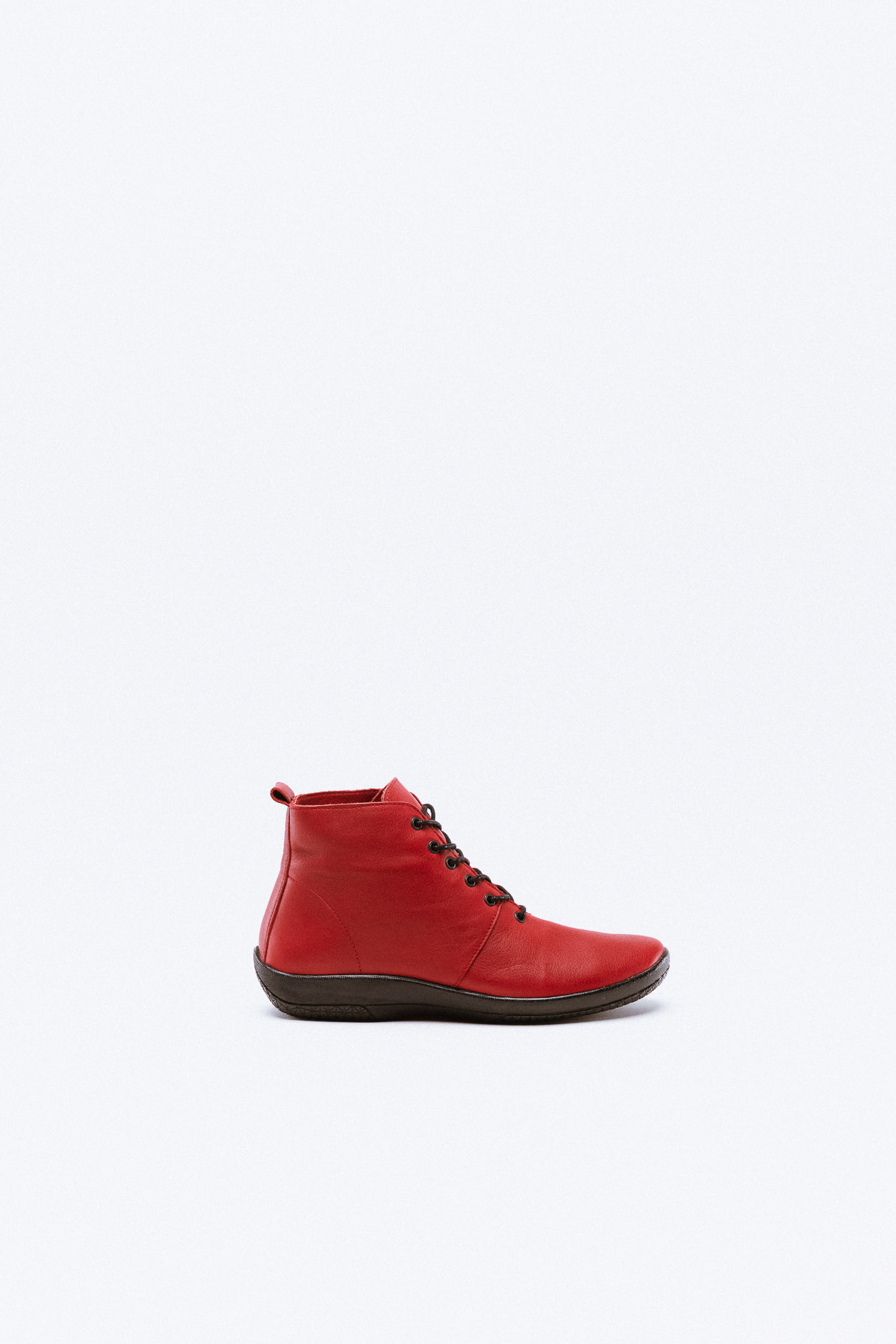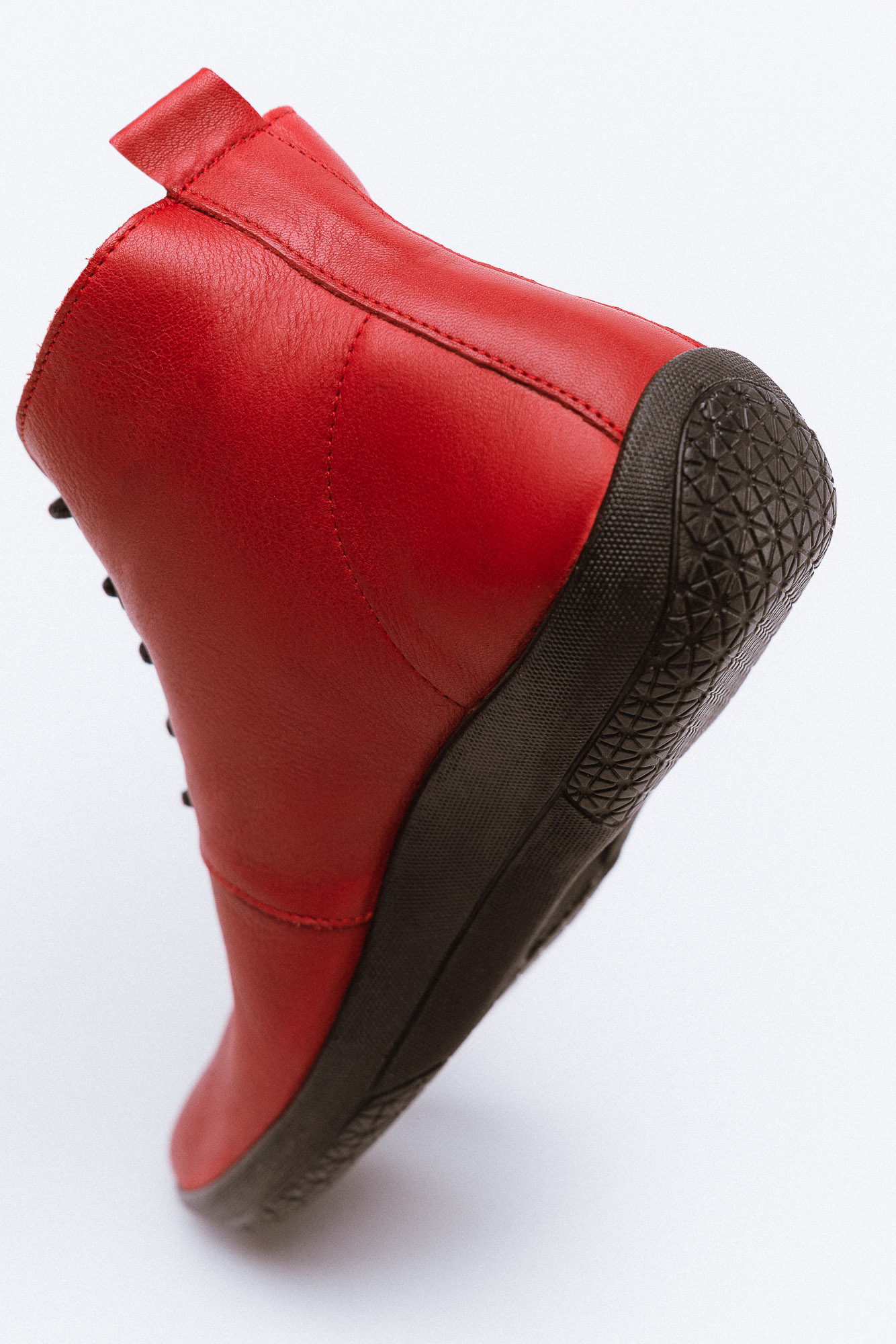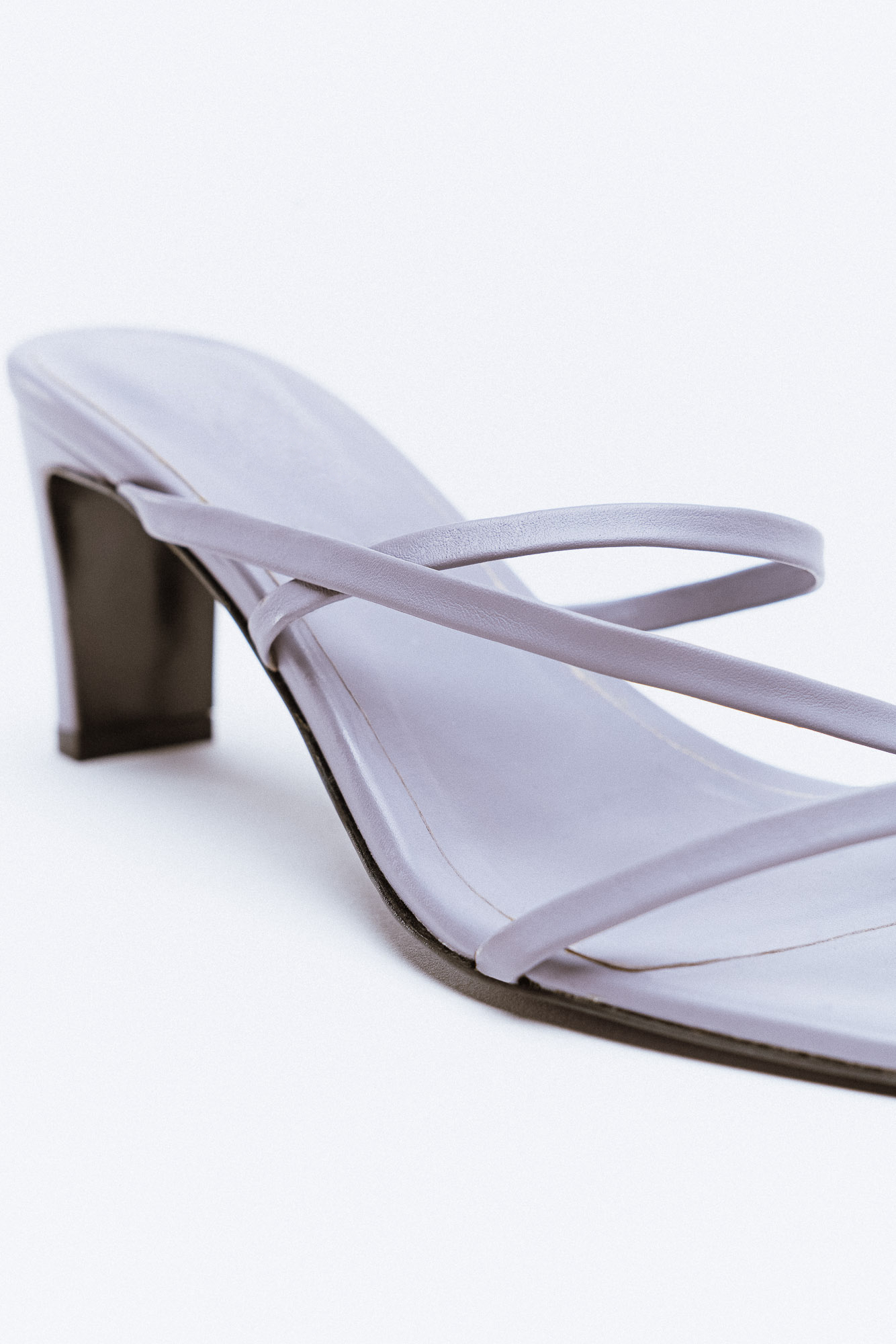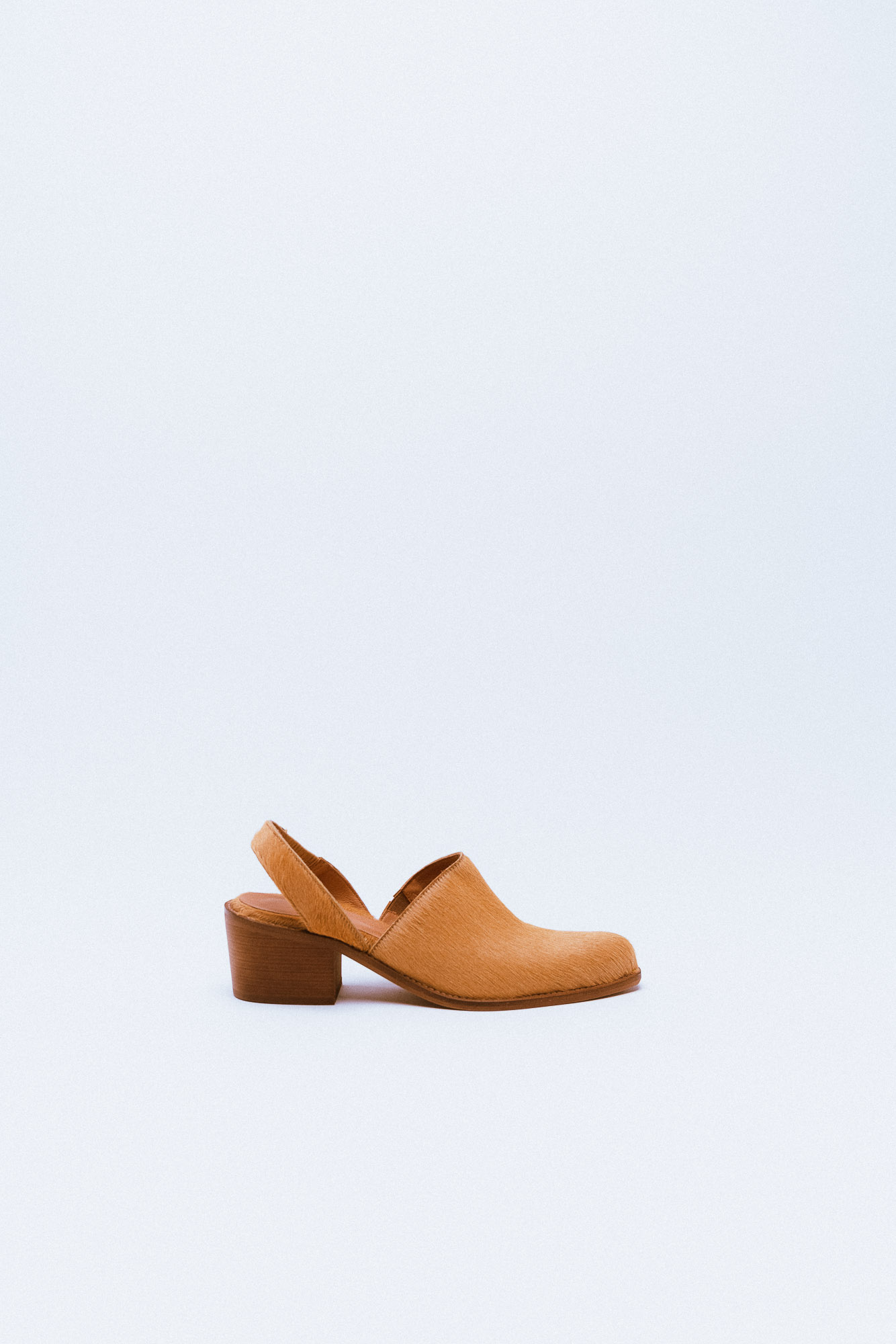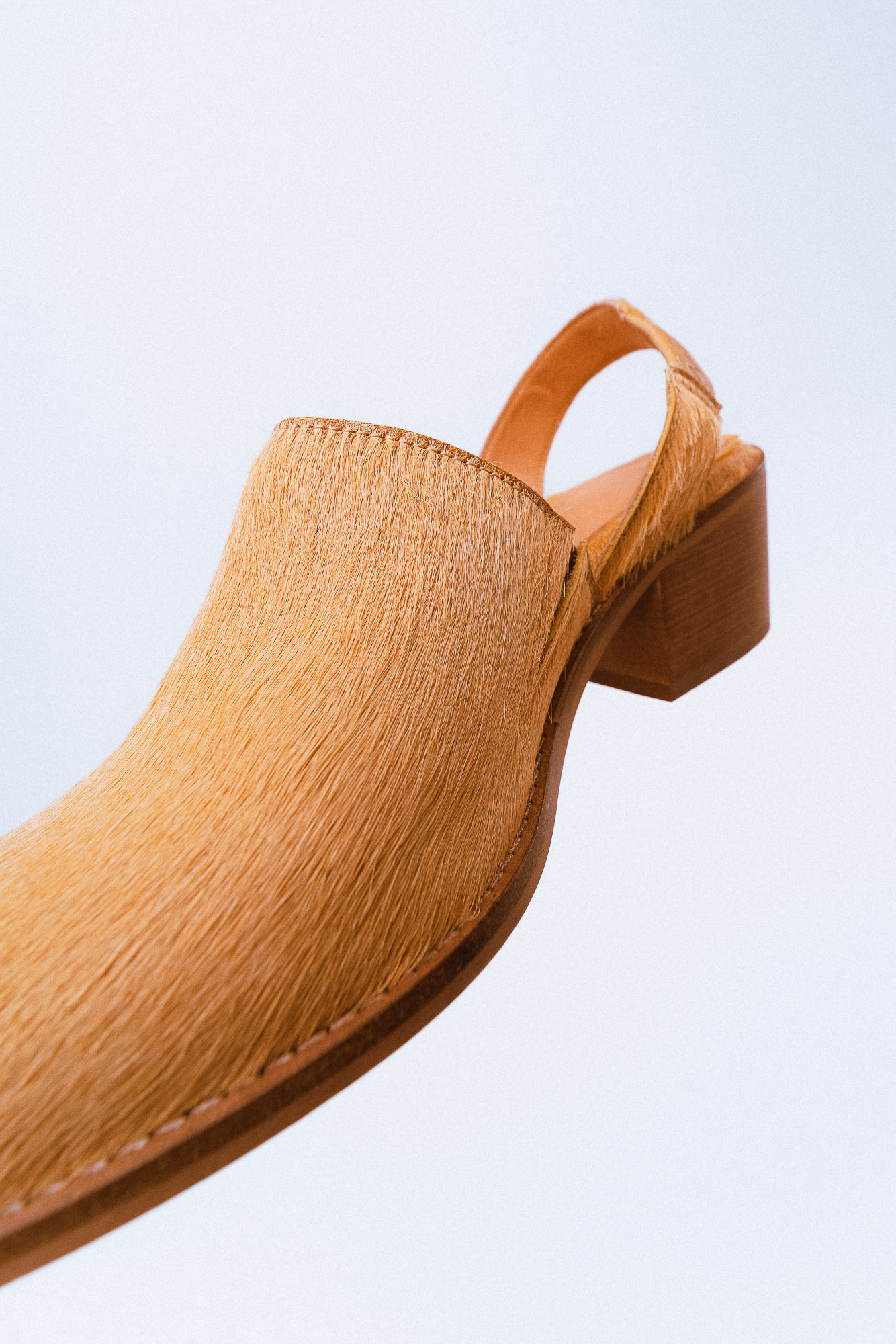Portugal has emerged as Europe’s second-largest footwear producer, overtaking Spain in 2022 with 85 million pairs annually and securing its position as the continent’s most dynamic and competitive footwear manufacturing hub. With €2.22 billion in exports reaching 170 countries and a 90% export orientation,Portugal represents the optimal choice for international brands seeking premium quality, competitive costs, and manufacturing excellence within the European Union.
The Portuguese footwear industry combines centuries-old craftsmanship with cutting-edge technology, employing over 40,000 skilled workers across 1,600 companies.Major luxury brands including Prada, Chanel, Louis Vuitton, Hermès, and Nike have chosen Portugal as their manufacturing partner, validating the country’s position as a global center of excellence. Portugal’s strategic €600 million investment plan through 2030 further solidifies its commitment to maintaining leadership in sustainable, high-value footwear production.
Industry powerhouse driving European footwear production
Portugal’s footwear sector has demonstrated remarkable resilience and growth, achieving 17.1% of total European footwear production despite representing a smaller geographic footprint than traditional competitors. The industry comprises 1,186 manufacturing companies supported by 273 component suppliers and 142 leather goods producers, creating a comprehensive ecosystem that serves global markets.
Production performance has been exceptional, with 2024 output reaching 80 million pairs valued at €2.3 billion. This represents a 13.9% increase since 2020, making Portugal the only European country to expand footwear production over the past decade while Italy and Spain experienced declines. The sector’s seven consecutive years of export growth from 2015-2022 culminated in record-breaking exports of €2.009 billion in 2022.
Portugal’s global ranking as the 19th largest footwear producer worldwide and 11th largest exporter by value reflects its strategic focus on premium segments rather than volume competition. The average export price of €25.91 per pair positions Portuguese footwear in the high-value category, competing directly with Italian luxury production while maintaining superior cost competitiveness.
The industry’s export orientation creates inherent competitive advantages. With 95% of production destined for international markets, Portuguese manufacturers have developed sophisticated understanding of global quality standards, delivery requirements, and market preferences. This export focus has driven continuous innovation and efficiency improvements, making Portugal an ideal partner for international brands seeking reliable, quality-focused manufacturing.
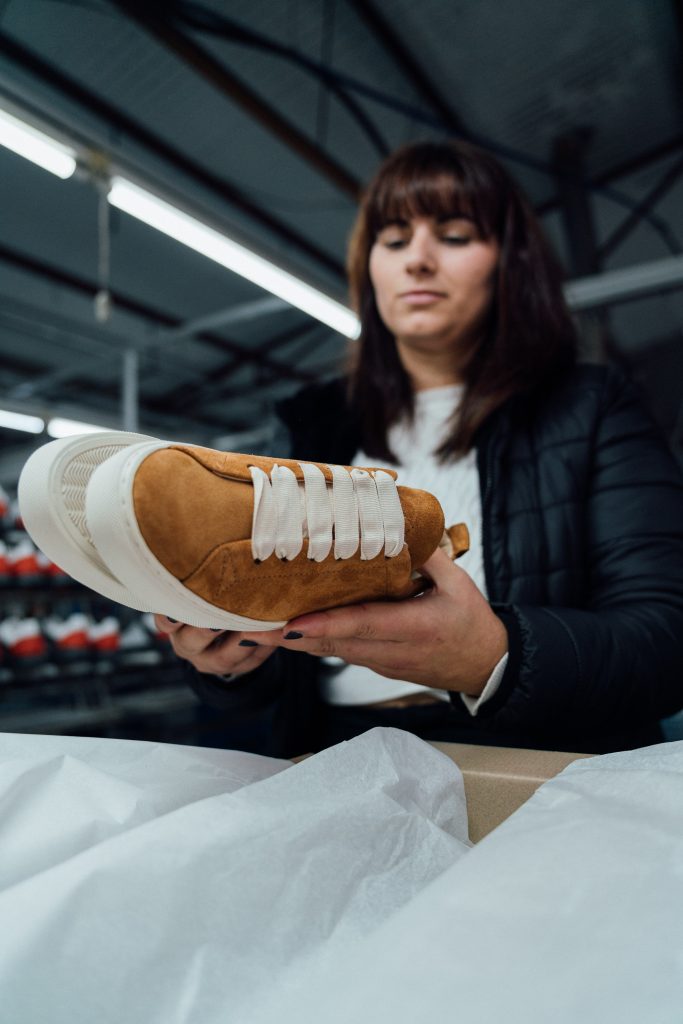
Manufacturing excellence across specialized regional clusters
Portugal’s footwear manufacturing capabilities are concentrated in three strategically important regions, each offering distinct specializations and competitive advantages. Felgueiras accounts for 50% of Portugal’s total footwear exports, serving as the primary hub for mass production capabilities with both casual and formal segments. The region hosts major manufacturers like RICAP (2,000 pairs daily) and Sojor (1,400 pairs daily), offering flexible minimum order quantities and rapid response times for international clients.
São João da Madeira, known as the “Capital of Footwear,” specializes in super-premium handmade footwear targeting luxury markets. The region combines traditional craftsmanship with modern techniques, featuring companies like Carlos Santos that export 90% of production globally through 80% manual work processes.The presence of the Centro Tecnológico do Calçado (Footwear Technology Centre) and specialized training facilities creates a unique ecosystem for luxury footwear development.
Oliveira de Azeméis represents the third major cluster, focusing on mid-range to high-end women’s footwear with 23 specialized manufacturers. Companies like Versão Latina and Azine Footwear (operating since the 1960s) demonstrate the region’s commitment to traditional family craftsmanship while embracing modern production methods.
Manufacturing infrastructure across these regions includes advanced automation systems, with companies implementing Industry 4.0 technologies including robotics, cyber-physical systems, and 3D printing. The typical production process involves 48-60 steps, with quality control protocols ensuring international standards compliance. Facilities range from specialized workshops to large-scale operations like Sojor’s 3,000 square meter production area within a 10,000 square meter facility.
Uncompromising quality standards and world-class craftsmanship
Portuguese footwear manufacturers maintain exceptional quality standards through comprehensive certification systems and rigorous testing protocols. The Portuguese Footwear Technology Centre (CTCP) performs over 30,000 tests annually across 300+ different testing protocols, ensuring compliance with international standards including ISO 9001 (Quality Management), ISO 14001 (Environmental Management), and EN ISO 20345 (European safety footwear standards).
The industry’s quality framework includes CE marking certification for European market access, VF, Qimo, and SMETA standards for international clients, and the specialized CTCP Mark highlighting unique characteristics like chromium-free processing, recyclability, and reduced carbon footprint. These certifications provide international brands with confidence in Portuguese manufacturing capabilities while ensuring consistent quality across different production runs.
Traditional craftsmanship excellence defines Portuguese footwear manufacturing, with skilled artisans (sapateiros) combining centuries-old techniques with modern methodologies. The heritage of shoemaking has been passed down through generations, creating a unique blend of artisanal expertise and industrial efficiency. Premium manufacturers like Carlos Santos maintain 80% manual work processes while incorporating modern machinery as complementary tools rather than replacements for skilled craftsmanship.
Material quality represents another cornerstone of Portuguese excellence. The industry utilizes Leather Working Group Gold Rated materials and locally sourced options, with growing expertise in sustainable alternatives including cork, cactus leather, apple leather, and mushroom leather.Quality control extends throughout the supply chain, with manufacturers implementing rigorous inspection protocols and testing procedures that exceed international requirements.
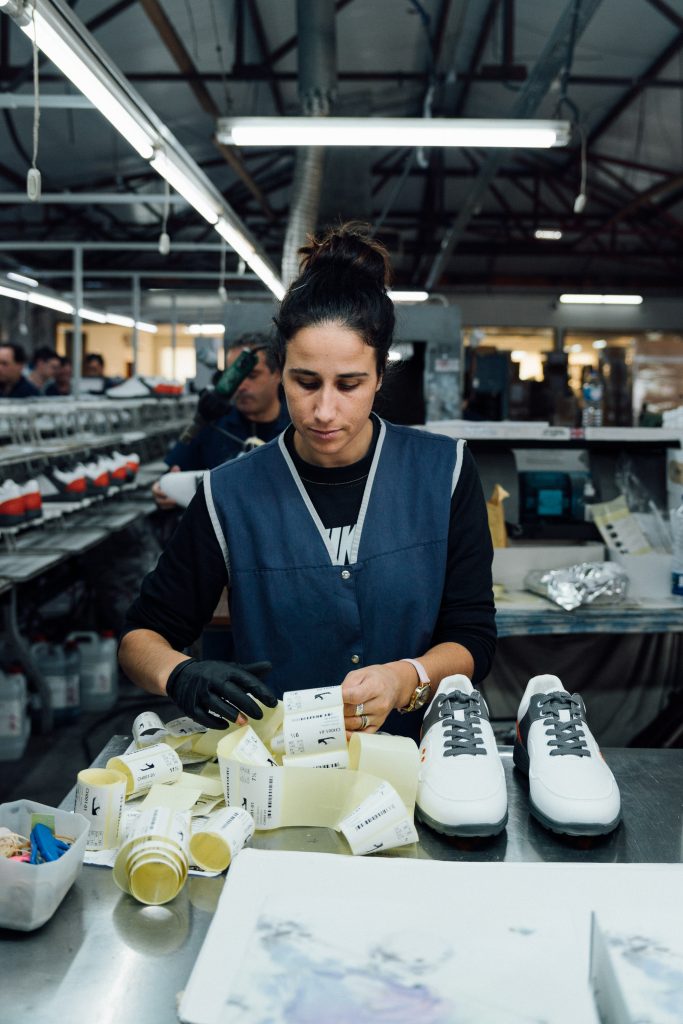
Exceptional cost competitiveness with European quality standards
Portugal offers compelling cost advantages while maintaining premium European quality standards, creating optimal value propositions for international brands. Labor costs average €17.0 per hour, significantly below the EU average of €31.8 and neighboring Spain’s €24.6 per hour. This cost competitiveness is enhanced by productivity gains through technological investments and skilled workforce development, providing superior value rather than simply lower costs.
The Portuguese minimum wage of €870 per month (14 payments annually) ranks 11th in the EU, reflecting the country’s balanced approach to competitive wages while maintaining skilled workforce availability. Social security contributions totaling 26.5% for employers and 11% for employees remain competitive within European standards, providing manufacturers with predictable cost structures and workers with comprehensive benefits.
Manufacturing cost advantages extend beyond labor to include competitive energy costs, favorable government incentives, and efficient supply chain infrastructure. The concentration of suppliers and component manufacturers within Portugal reduces transportation costs and lead times, while EU membership eliminates trade barriers and regulatory compliance costs for European market access. These combined factors enable Portuguese manufacturers to offer 30-50% lower production costs than traditional luxury producers while maintaining comparable quality levels.
Government support programs further enhance cost competitiveness through investment grants, R&D funding, and export promotion assistance. The Recovery and Resilience Plan’s €140 million allocation for footwear industry development,combined with COMPETE 2020 program incentives, provides manufacturers with financial resources for modernization and expansion while maintaining competitive pricing for international clients.
Strategic regional clusters driving specialized excellence
Portugal’s footwear manufacturing strength derives from strategically located regional clusters that offer distinct capabilities and specializations. Felgueiras and the broader Porto district concentrate 50% of national exports, housing 228 footwear companies that specialize in efficient mass production for both casual and formal segments. This region excels in mechanized production with higher volumes while maintaining flexible minimum order quantities that appeal to international brands seeking responsive manufacturing partners.
The São João da Madeira cluster positions itself as Portugal’s luxury footwear capital, with 87 specialized companies focusing on premium handmade footwear. The region’s infrastructure includes the Centro Tecnológico do Calçado and Centro de Formação Profissional da Indústria do Calçado,creating comprehensive support systems for luxury production. Companies like Carlos Santos demonstrate the cluster’s capabilities through Goodyear welted construction and export relationships with premium markets in Germany, France, Netherlands, Japan, and the USA.
Oliveira de Azeméis represents specialized women’s footwear production, with 23 manufacturers focusing on mid-range to high-end segments. The region’s companies, including third-generation family businesses like Azine Footwear, maintain traditional craftsmanship while embracing modern design and production techniques. Supporting regions including Guimarães (90 companies), Vizela, and Vila Nova de Gaia provide additional capacity and specialized services.
These regional clusters benefit from shared infrastructure and knowledge networks, with concentrated supplier bases reducing lead times and transportation costs. The geographic concentration facilitates technology transfer, skilled labor mobility, and collaborative innovation projects. 75% of sector employment is concentrated within these five main municipalities, creating critical mass for specialized services, training programs, and technological development.
Leading Portuguese footwear brands and manufacturers
Portugal’s footwear industry encompasses both established manufacturers serving international brands and innovative companies developing their own global brands. RICAP, producing 2,000 pairs daily from its 2,000 square meter facility, owns brands including Softwalk, Da Silva, and EasyOne while manufacturing for international clients. The company’s 150 employees demonstrate the scale and capability of Portuguese manufacturers to handle both private label and branded production.
Sojor represents large-scale manufacturing excellence, producing 1,400 pairs daily from a 3,000 square meter production area within a 10,000 square meter facility. The company’s 150 employees export to five continents,showcasing Portuguese manufacturers’ global reach and operational sophistication. Similarly, Carlos Santos combines traditional craftsmanship with modern business practices, employing 100+ workers in luxury Goodyear welted shoe production for international markets.
Portuguese brands achieving global recognition include WOLF&SON by Jovan, launched in 2015 and now available in Portugal, France, Italy, Germany, Belgium, Poland, USA, Korea, and Japan. The success of Lemon Jelly by Procalçado Group demonstrates Portuguese innovation in sustainable footwear, winning the Best Carbon Footprint Initiative award in 2020 while achieving 100% renewable energy production.
International partnerships define Portuguese excellence, with manufacturers producing for Prada, Chanel, Louis Vuitton, Hermès, Gucci, Burberry, Adidas, Nike, Birkenstock, Tommy Hilfiger, Paul Smith, Stella McCartney, and Ralph Lauren. These partnerships validate Portuguese quality standards while providing manufacturers with global market exposure and continuous quality improvement incentives.
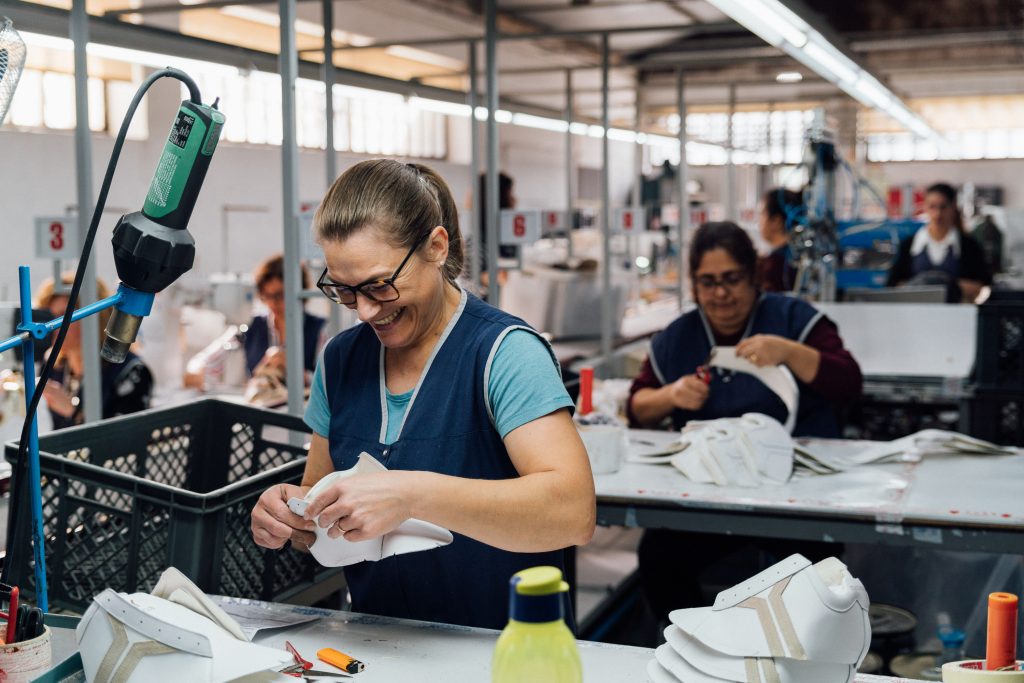
Skilled workforce and specialized labor capabilities
Portugal’s footwear industry employs over 40,000 skilled workers across 1,600 companies, representing a critical mass of specialized expertise unique in Europe.The workforce includes experienced artisans (sapateiros) who combine traditional techniques with modern production methods, sewing machine operators, CNC operators, and industrial engineers. This skilled labor base reflects generations of accumulated knowledge and continuous training programs.
Education and training infrastructure supports workforce development through specialized institutions including the Centro de Formação Profissional da Indústria do Calçado and CFPIC (Design & Shoe Academy) in São João da Madeira. CTCP provides 5,000+ training hours annually for 1,500+ employees through Certified Modular Training programs and work-based learning approaches.The Qualifica Program offers adult education through 303 centers nationwide, ensuring continuous skill development.
Wage competitiveness combined with high productivity creates optimal labor value propositions. The average gross monthly salary of €1,250 provides skilled workers with competitive compensation while maintaining cost advantages for manufacturers. Only 4.0% of employees qualify as low-wage earners, among the lowest percentages in the EU, reflecting the industry’s focus on skilled, value-added production rather than low-cost labor competition.
Specialized workforce capabilities extend across product categories including dress shoes, casual footwear, athletic shoes, safety footwear, and luxury goods. Material expertise encompasses leather processing, synthetic materials, technical textiles, and sustainable alternatives. This diverse skill base enables manufacturers to serve multiple market segments while maintaining quality consistency and production efficiency.
Outstanding export performance and global market reach
Portugal’s footwear exports demonstrate exceptional performance with €2.22 billion in total cluster exports (2024), including €1.72 billion in footwear exports representing 67 million pairs. The industry’s 90% export orientation ensures manufacturers maintain global competitiveness while serving 170 countries worldwide. This export dependency drives continuous innovation and quality improvement, creating superior value propositions for international partners.
Key export markets reflect strategic European focus with Germany (€433.58 million), France (€384.16 million), and Netherlands (€306.67 million) representing primary destinations. The European Union accounts for 80% of total exports, leveraging Portugal’s EU membership advantages including tariff-free access and regulatory harmonization. Non-EU markets represent 20% of exports, with United States growth of 109% over the past decade reaching €114.04 million annually.
Export growth trajectory demonstrates industry strength with seven consecutive years of growth from 2015-2022, culminating in record-breaking 2022 performance. The average export price of €25.91 per pair positions Portuguese footwear in premium market segments, competing effectively with Italian luxury production while maintaining superior cost competitiveness. Export price growth of 13.8% over the past decade reflects successful premium positioning strategies.
Global market expansion continues with recent performance showing 8.2% year-over-year growth in January 2025 exports reaching €161 million. The industry’s ability to maintain growth despite global economic challenges demonstrates resilience and competitive advantages. Export diversification strategies target emerging markets in Asia and Americas while maintaining European market leadership.
Sustainability leadership and eco-friendly innovation
Portugal’s footwear industry leads European sustainability initiatives through comprehensive environmental responsibility programs and innovative material development. Over 140 companies representing €1 billion in exports signed the Portuguese Shoes Green Pact in 2022, committing to achieve net-zero carbon emissions by 2050 and halve emissions by 2030. This industry-wide commitment demonstrates unified dedication to environmental leadership.
Sustainable material innovations include cork-based components from sustainably harvested Portuguese cork oak trees, cactus leather alternatives, apple leather from agricultural waste, recycled tire rubber for soles, and bio-based materials from corn and other agricultural sources. Companies like Balena developed BioCir®flex 100% compostable soles, while Vapesol created the world’s first zero-waste EVA sole production process.
Advanced manufacturing technologies support sustainability through 3D printing for waste reduction, waterless dyeing techniques, digitization reducing sample waste, and blockchain technology for supply chain transparency. The BioShoes4All project’s €80 million investment focuses on biomaterials, ecological footwear, circular economy principles, and advanced production technologies with 70+ partner entities including 14 universities.
Environmental certifications include GOTS (Global Organic Textile Standard), GRS (Global Recycled Standard), and CTCP certification marks for chromium-free, recyclable, biodegradable, and low carbon footprint products. The industry’s Environmental Responsibility Week brings together 150+ specialists annually to advance sustainability practices and share innovative solutions across the sector.
Competitive advantages compared to other European countries
Portugal’s footwear industry significantly outperforms European competitors through superior growth performance, increasing production 14.4% over the past decade while Italy (-18.6%) and Spain (-14%) experienced declines. Portugal now holds 17.1% of European footwear production and ranks as the continent’s second-largest producer, demonstrating sustainable competitive advantages rather than temporary market conditions.
Cost competitiveness provides 30-50% lower production costs than Italy while maintaining comparable quality standards. Portuguese labor costs of €17.0 per hour compare favorably to the EU average of €31.8 and Spain’s €24.6, while productivity gains through technology investment and skilled workforce development provide additional value creation beyond simple cost reduction.
Quality differentiation enables Portuguese manufacturers to compete effectively with Italian luxury producers while offering superior flexibility and responsiveness. The industry’s export orientation (95% vs. more domestic-focused competitors) drives continuous international competitiveness improvement and global market understanding. companies excel in small-batch production and quick response times unavailable from mass production competitors.
Innovation leadership through Industry 4.0 adoption, sustainability initiatives, and technology integration positions Portugal ahead of traditional European producers. The €600 million Strategic Plan 2030 investment exceeds comparable commitments from competing countries, while comprehensive government support and industry coordination through APICCAPS provide structural advantages for long-term competitive positioning.
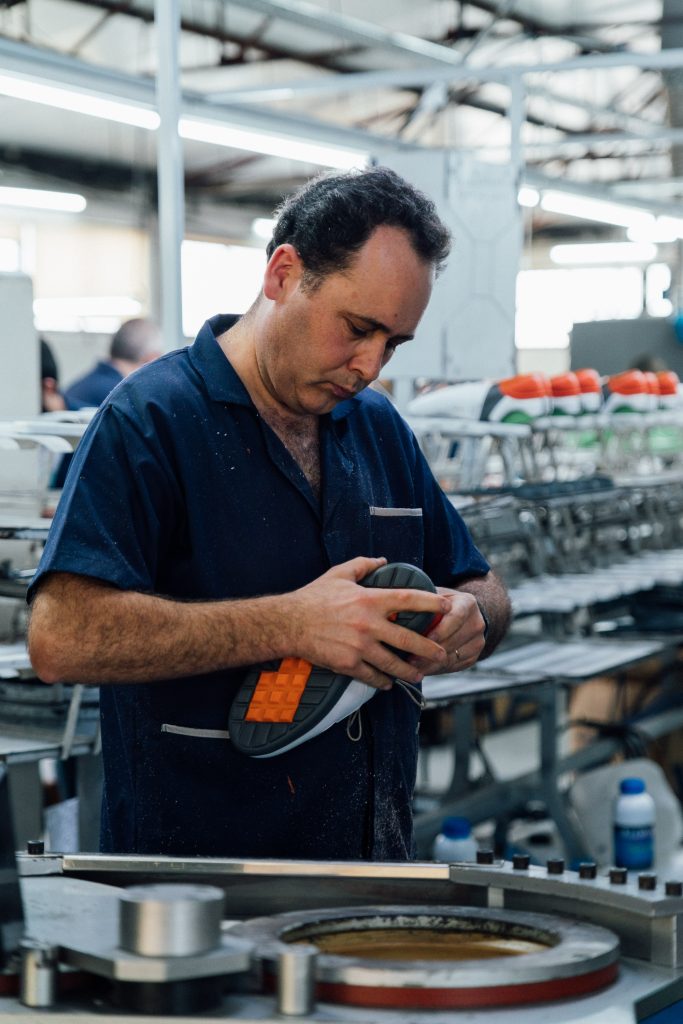
Why Portugal represents the optimal manufacturing choice
Portugal emerges as the premier European footwear manufacturing destination through unique combination of competitive advantages unavailable from alternative locations. The country’s skilled workforce of 40,000+ specialized workers provides generational expertise while maintaining cost competitiveness at €17.0 per hour compared to EU average of €31.8. This skilled labor foundation enables premium quality production with flexible capabilities from small-batch luxury to larger volume orders.
Strategic location advantages include 2-hour flight access to major European markets, EU membership benefits providing tariff-free access to 27 member states, and established export networks reaching 170 countries. The 90% export orientation ensures manufacturers maintain global competitiveness while providing international brands with experienced, quality-focused partners.
Quality excellence through comprehensive certification systems, traditional craftsmanship heritage, and modern technology integration creates optimal value propositions. Portuguese manufacturers combine ISO standards compliance with innovative sustainable materials and processes, positioning brands for premium market success while meeting environmental responsibility requirements.
Government support and industry coordination through APICCAPS provide structural advantages including €600 million Strategic Plan 2030 investment, comprehensive training programs, and export promotion assistance. The Recovery and Resilience Plan’s €140 million allocation demonstrates national commitment to footwear industry leadership while ensuring manufacturers have resources for continuous capability development.
For luxury brands, Portugal offers artisanal expertise comparable to Italian production with superior cost competitiveness and flexibility. For volume producers, the country provides efficient manufacturing with premium quality standards and rapid response capabilities. For sustainable brands, Portugal leads European environmental initiatives with innovative materials and comprehensive green manufacturing practices.
For emerging brands, Portugal’s small-batch capabilities and full-service development support provide optimal partnership opportunities. For established companies, the country’s proven track record with major international brands demonstrates reliability and quality consistency. Portugal’s comprehensive ecosystem of manufacturers, suppliers, and support services creates the ideal environment for successful footwear production partnerships across all market segments and business requirements.



